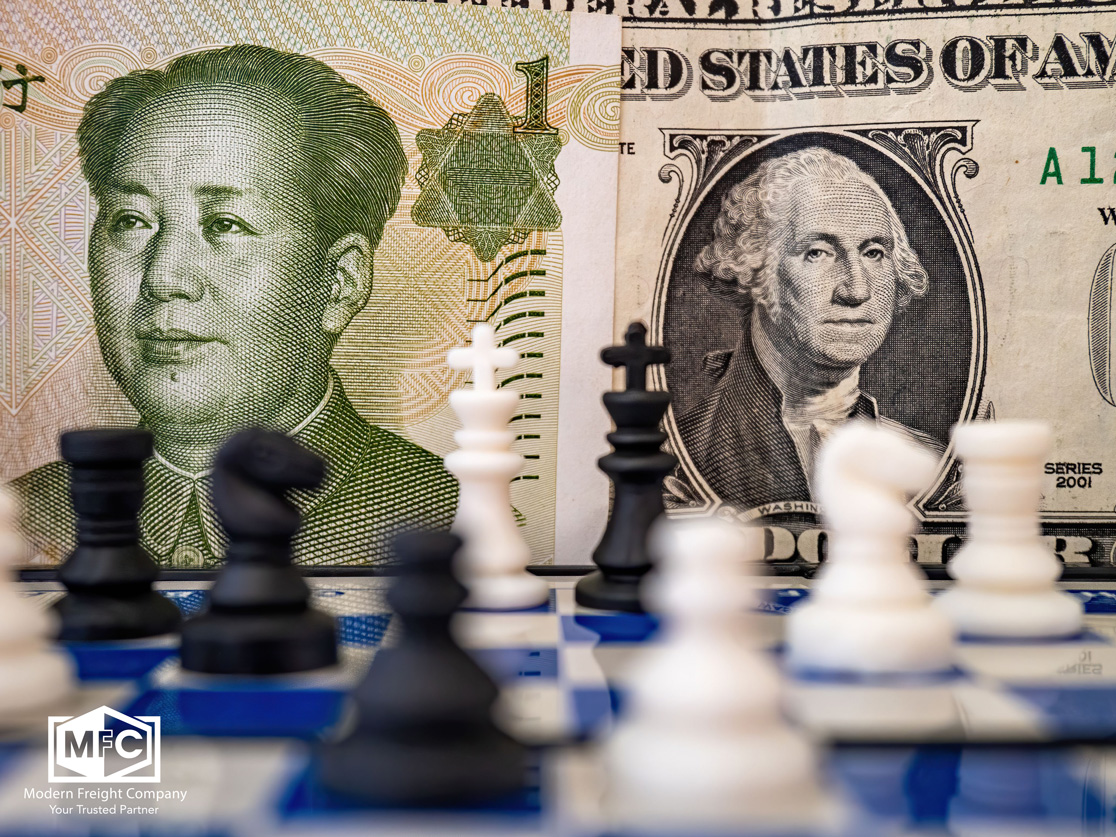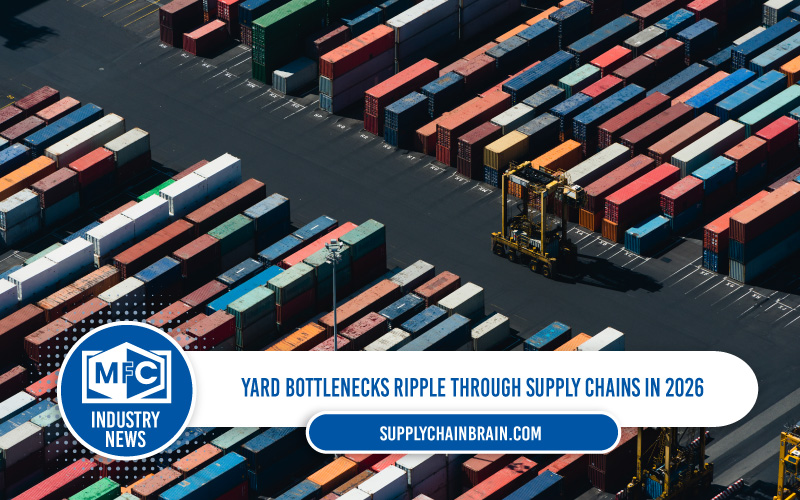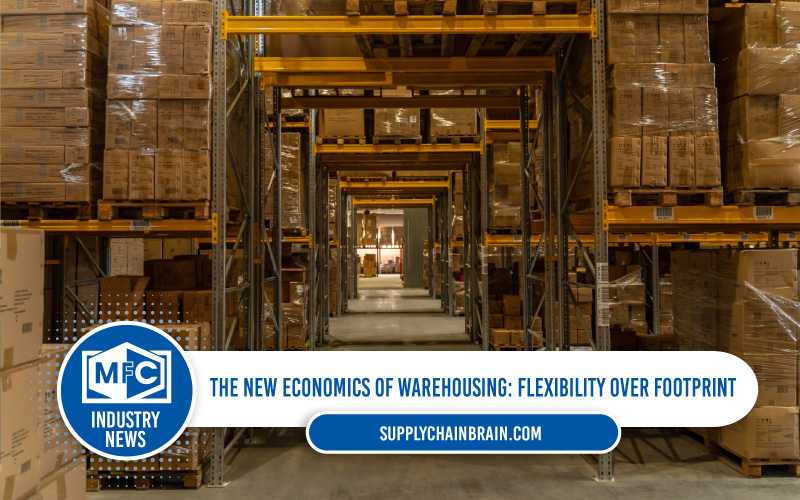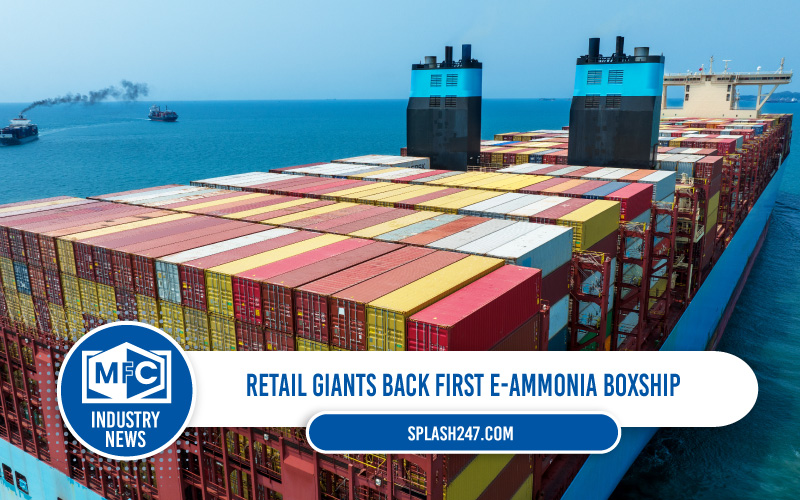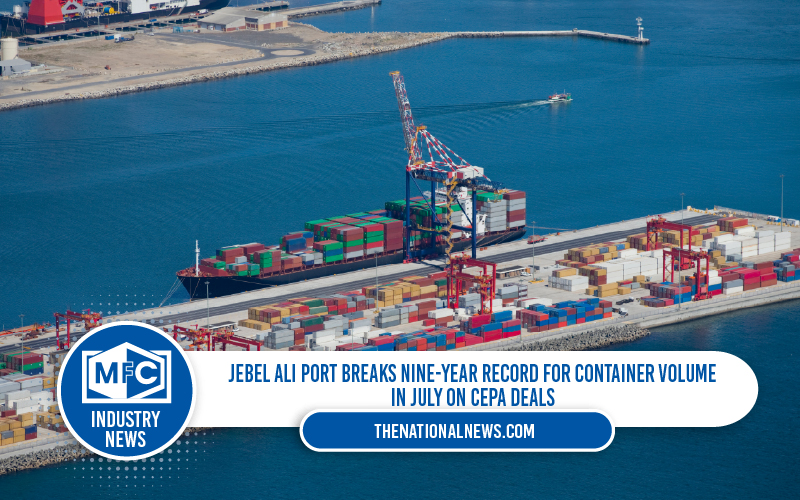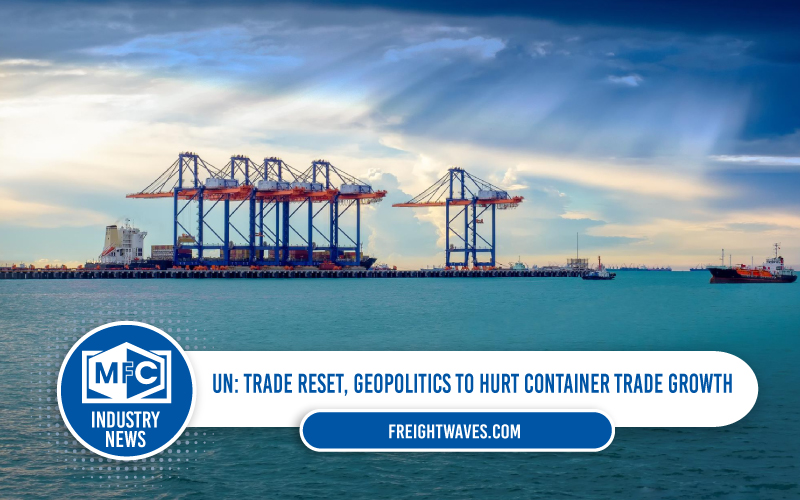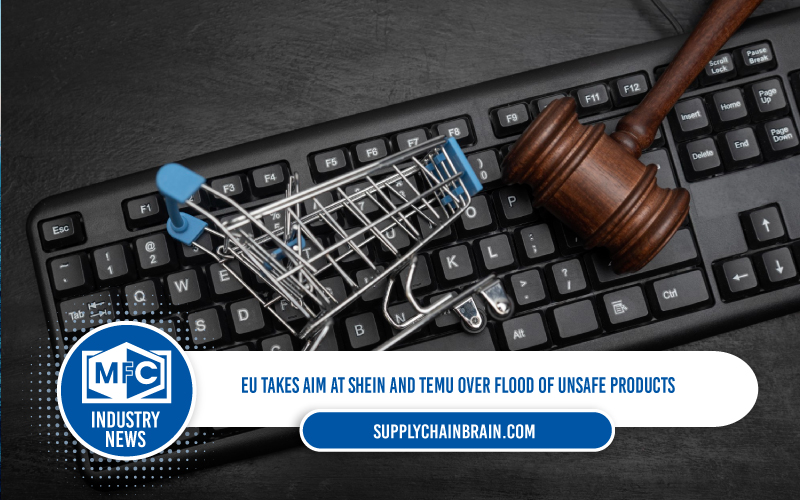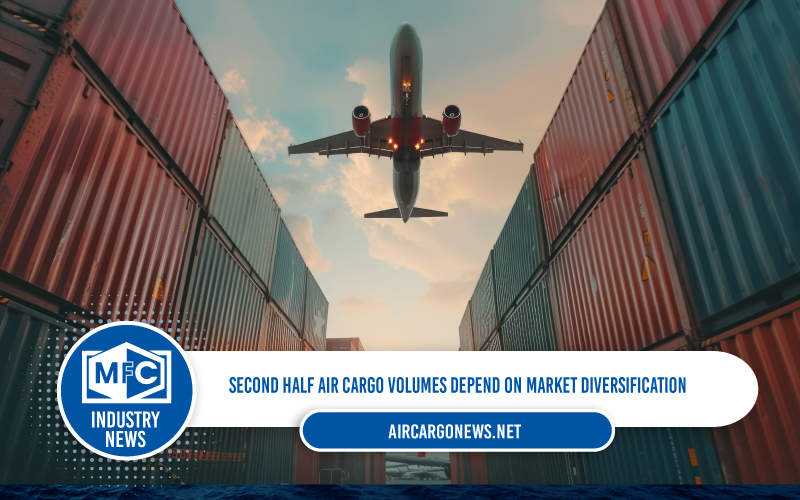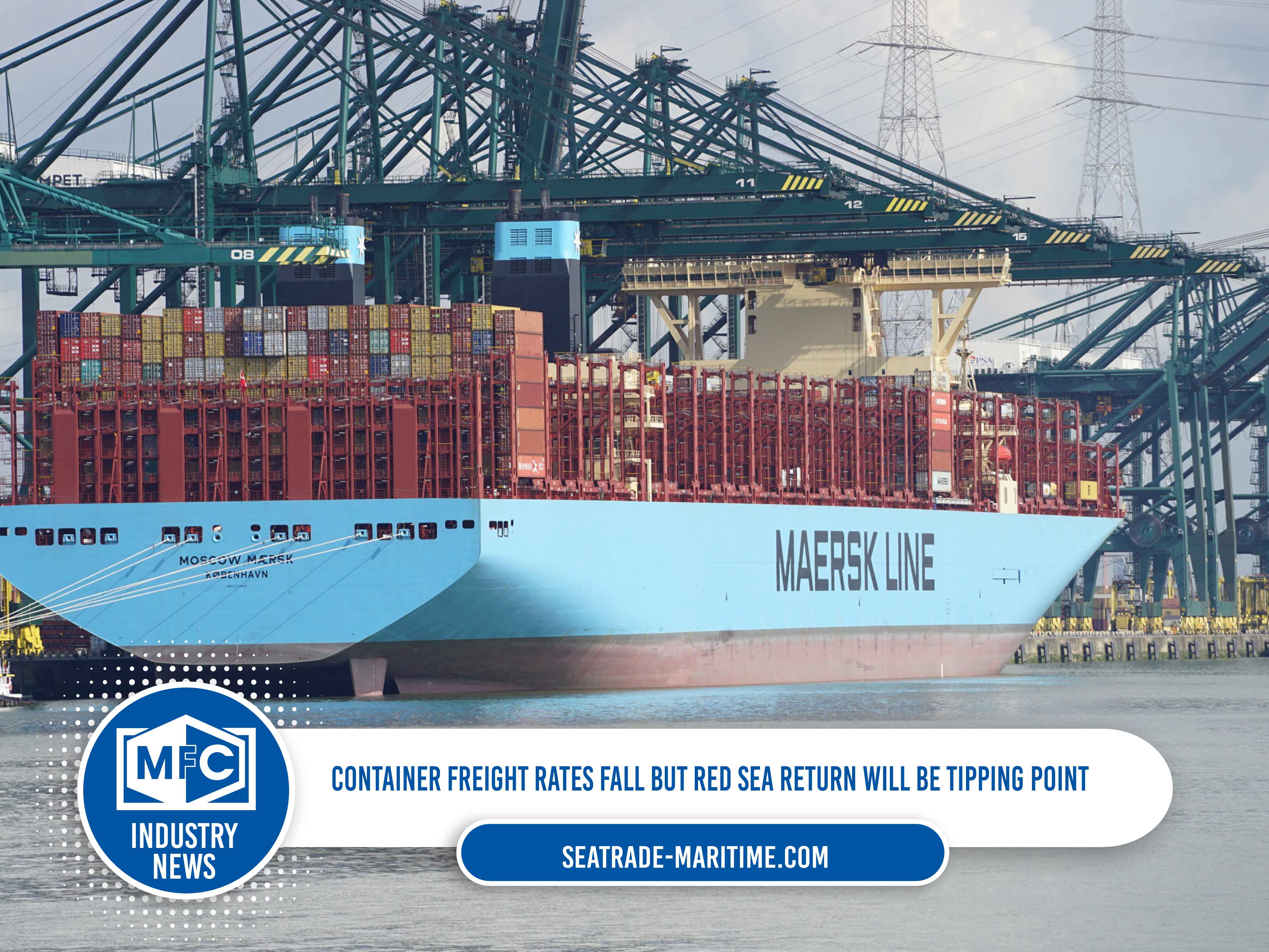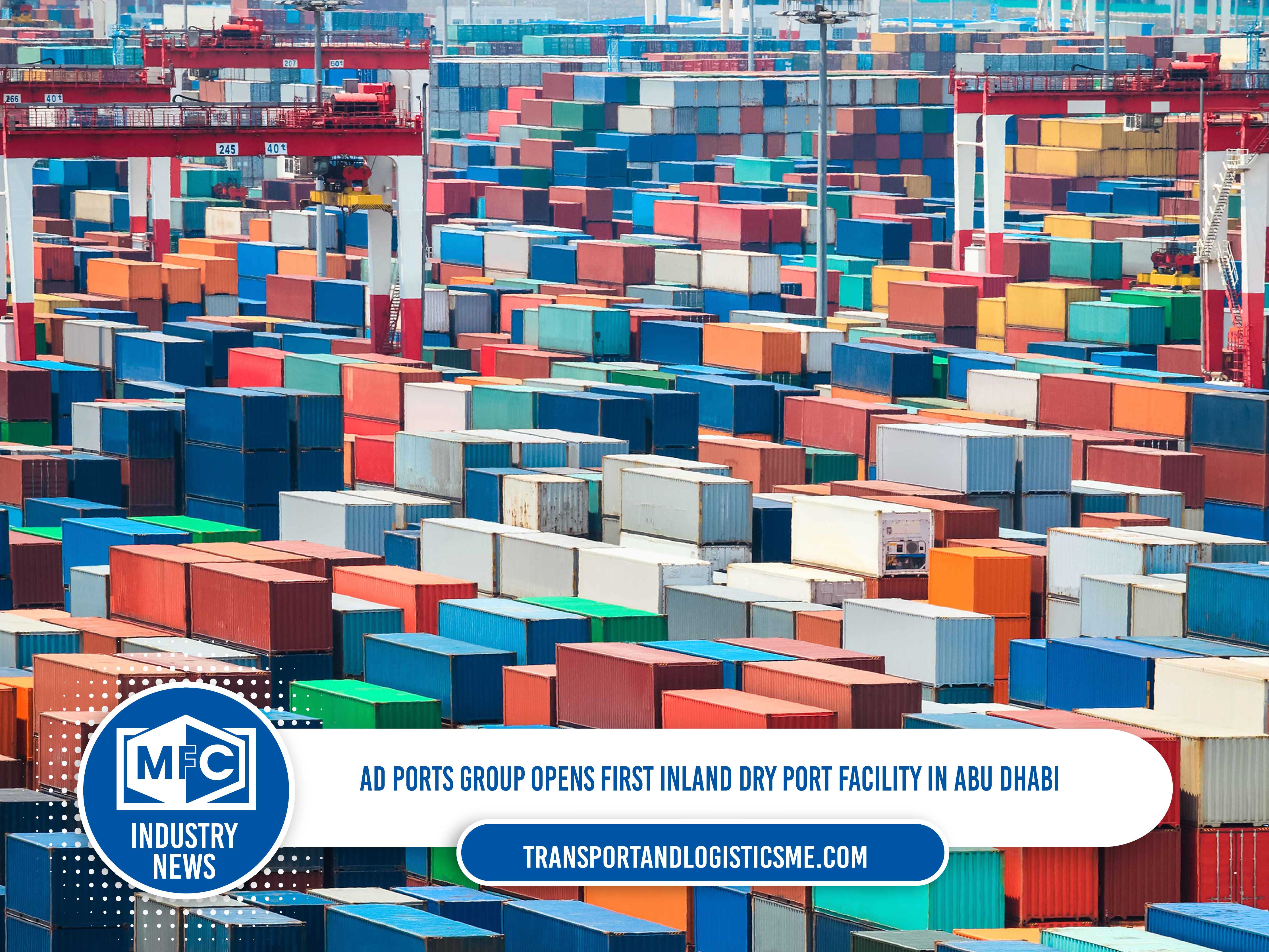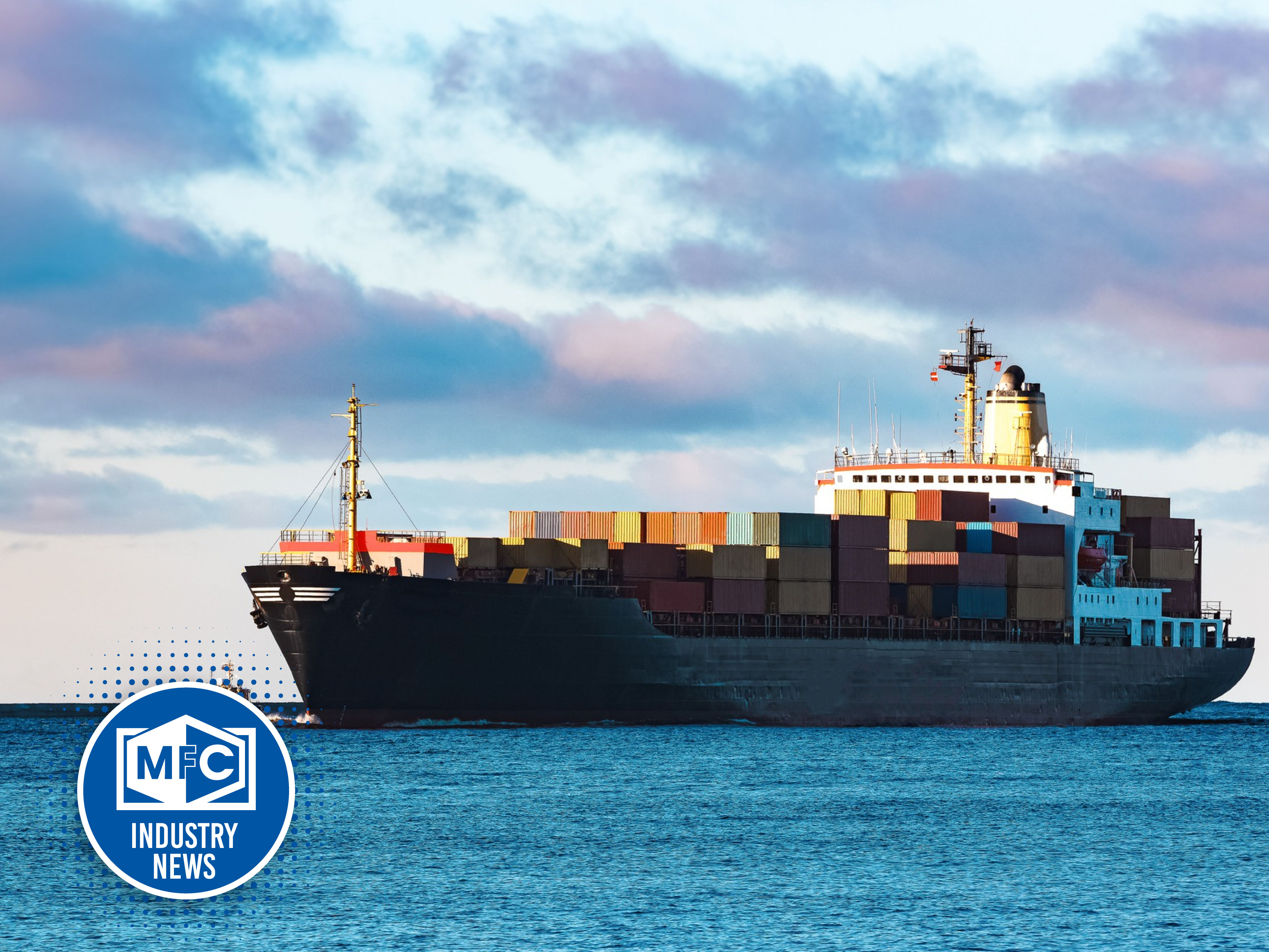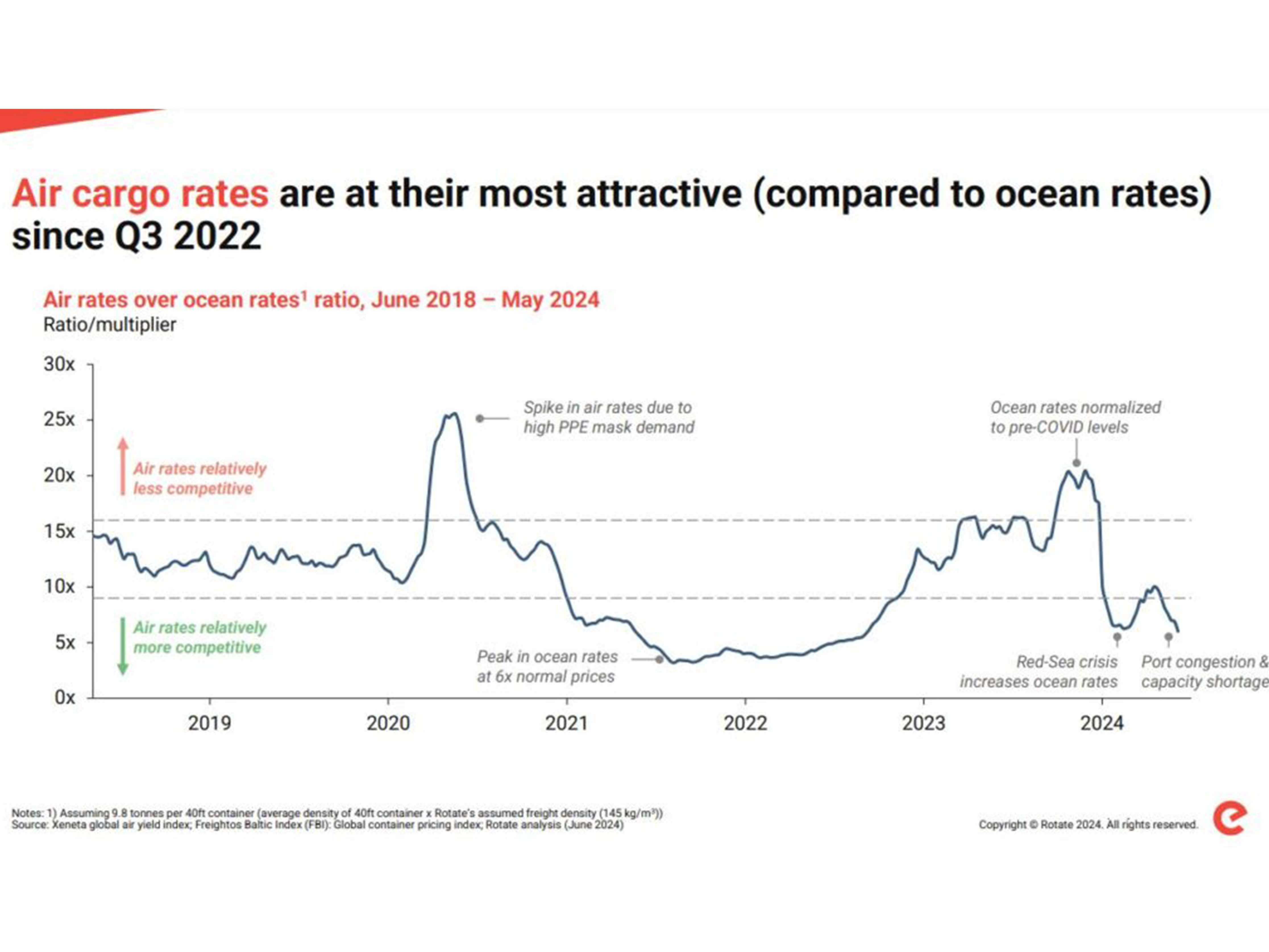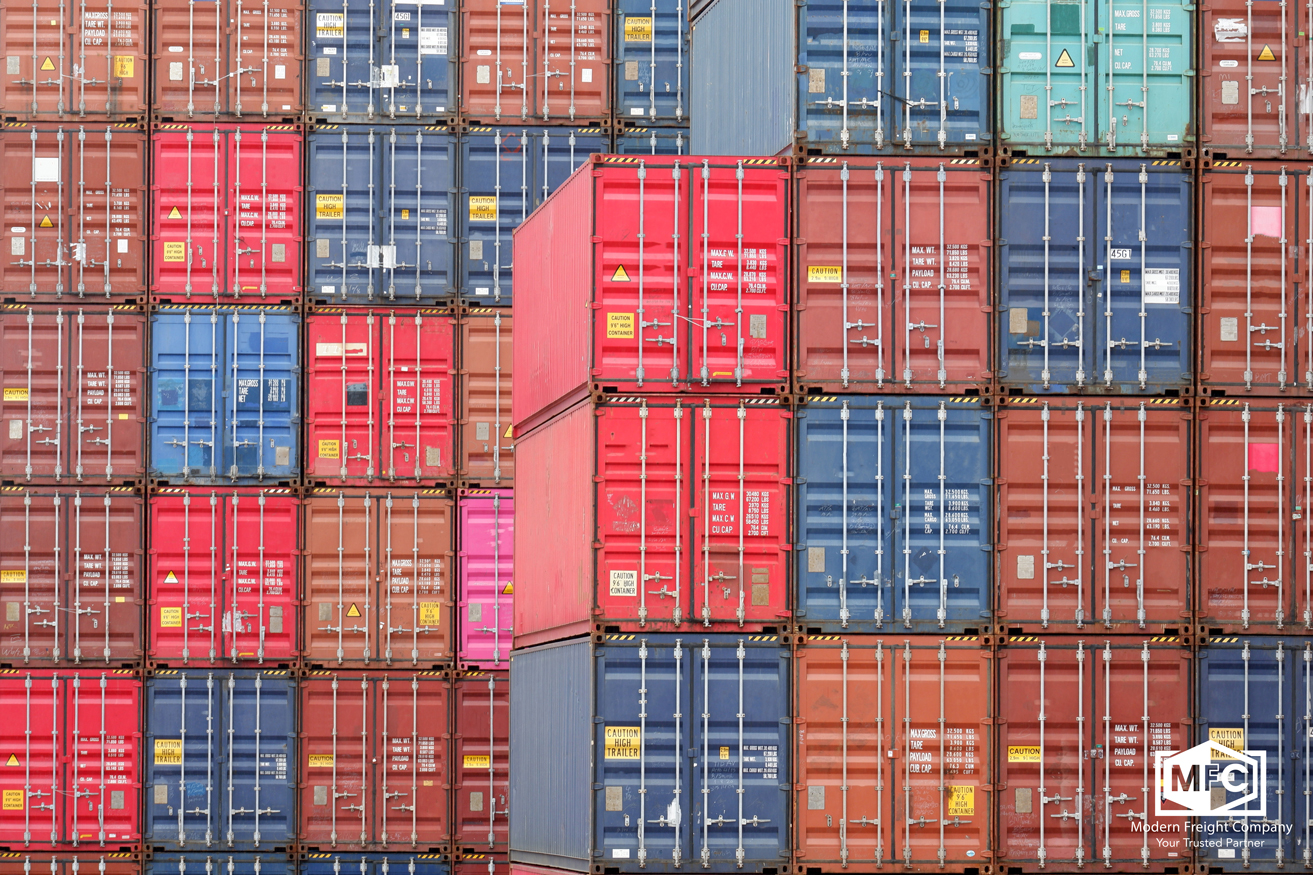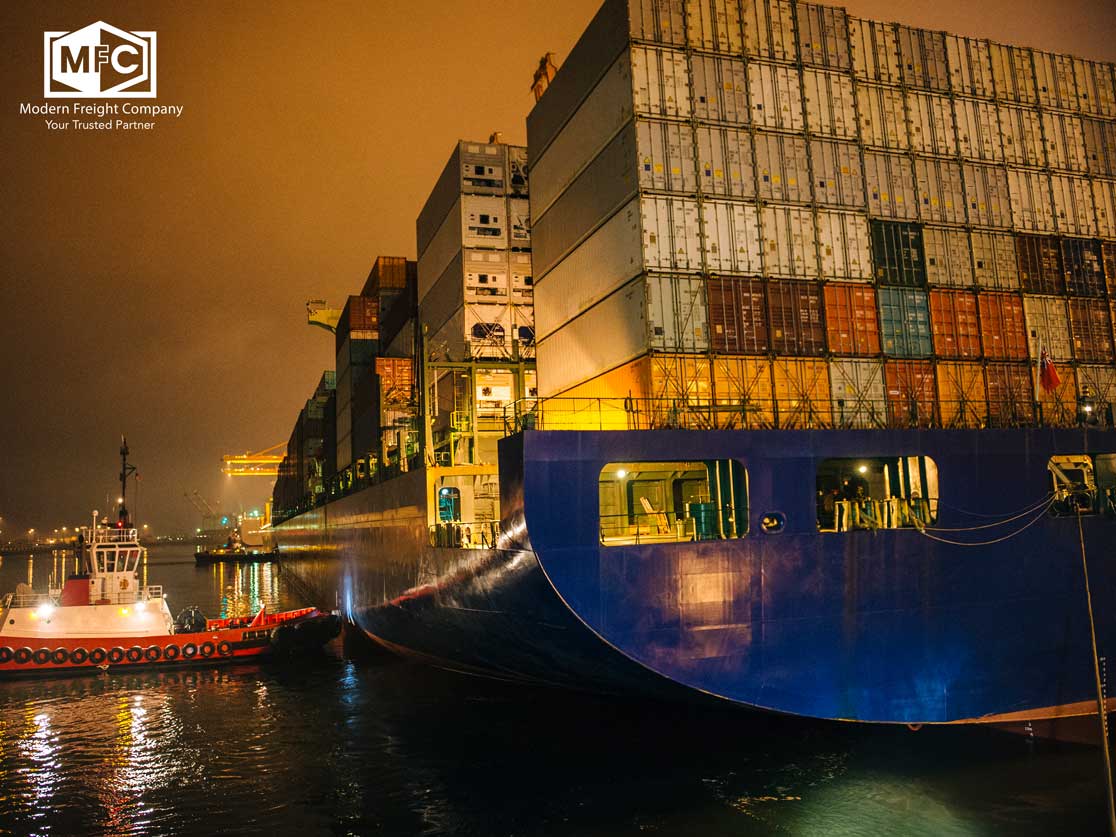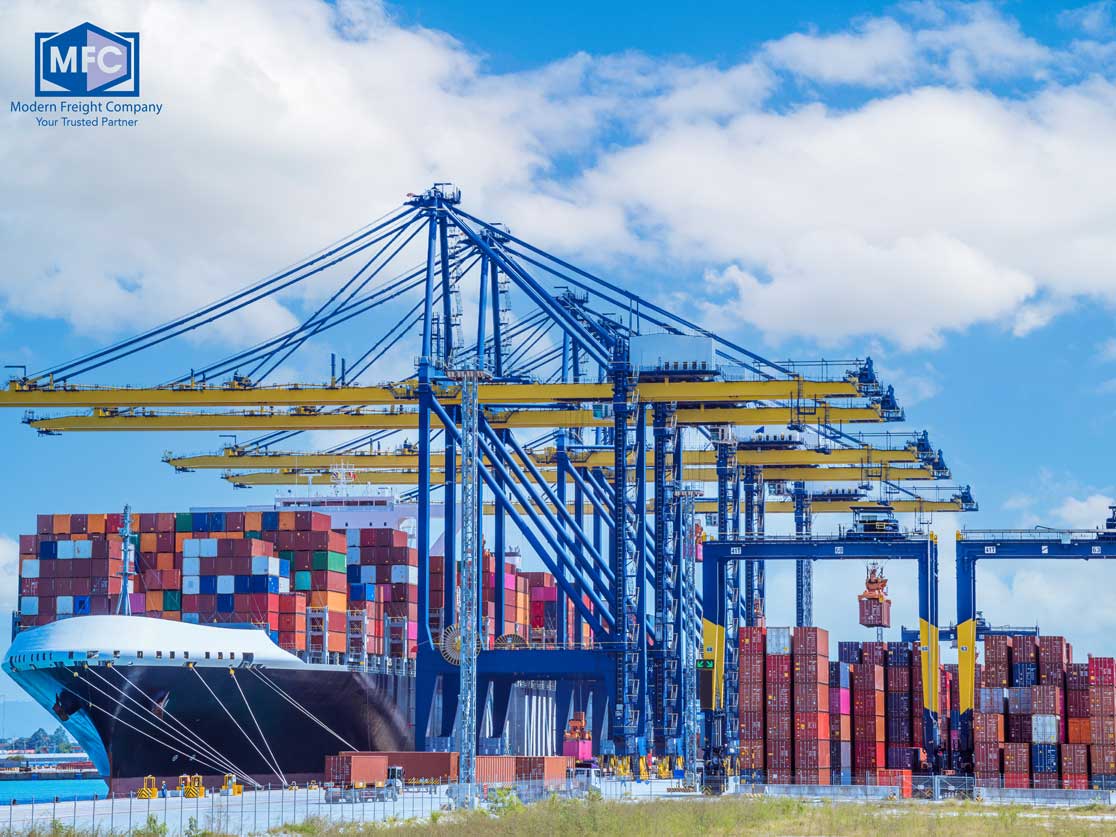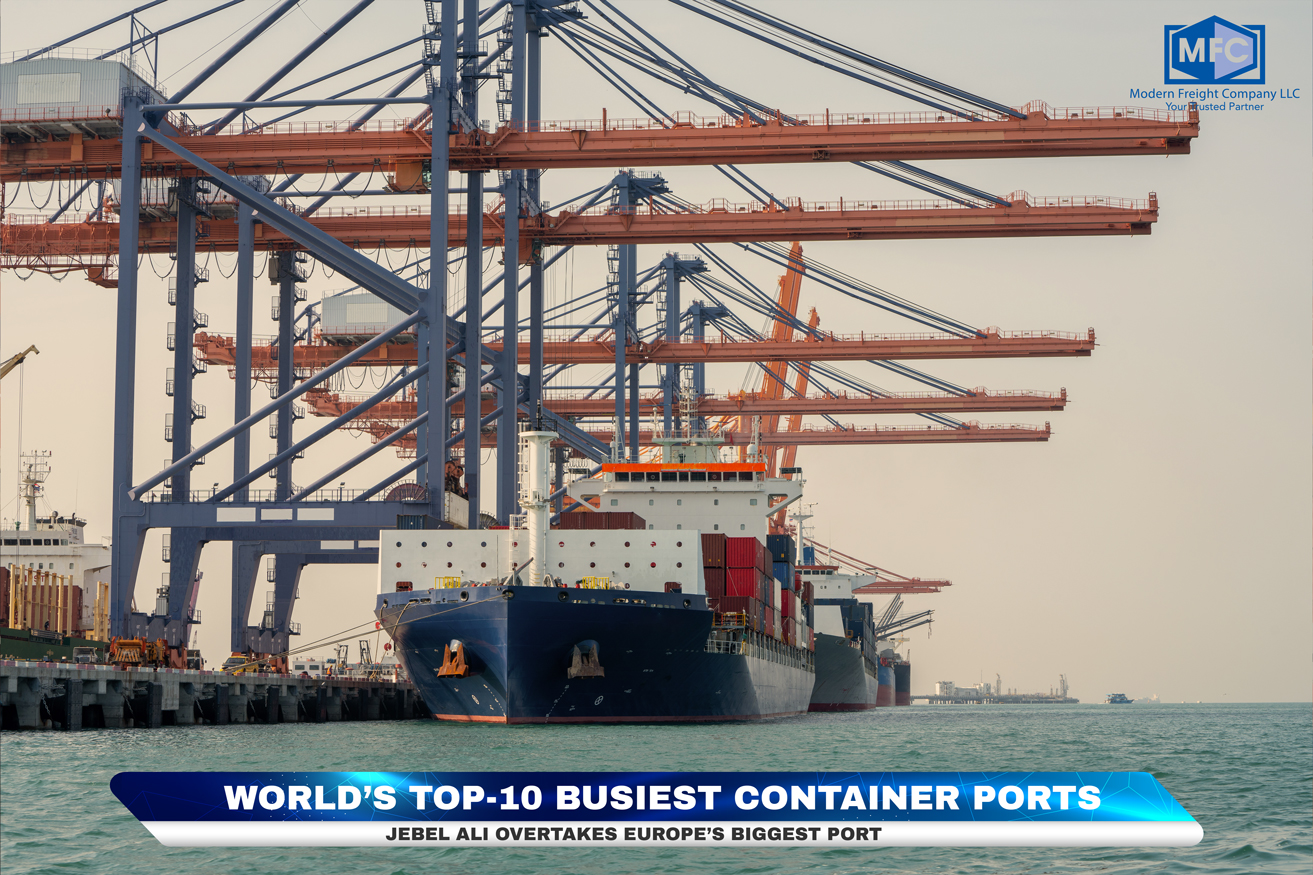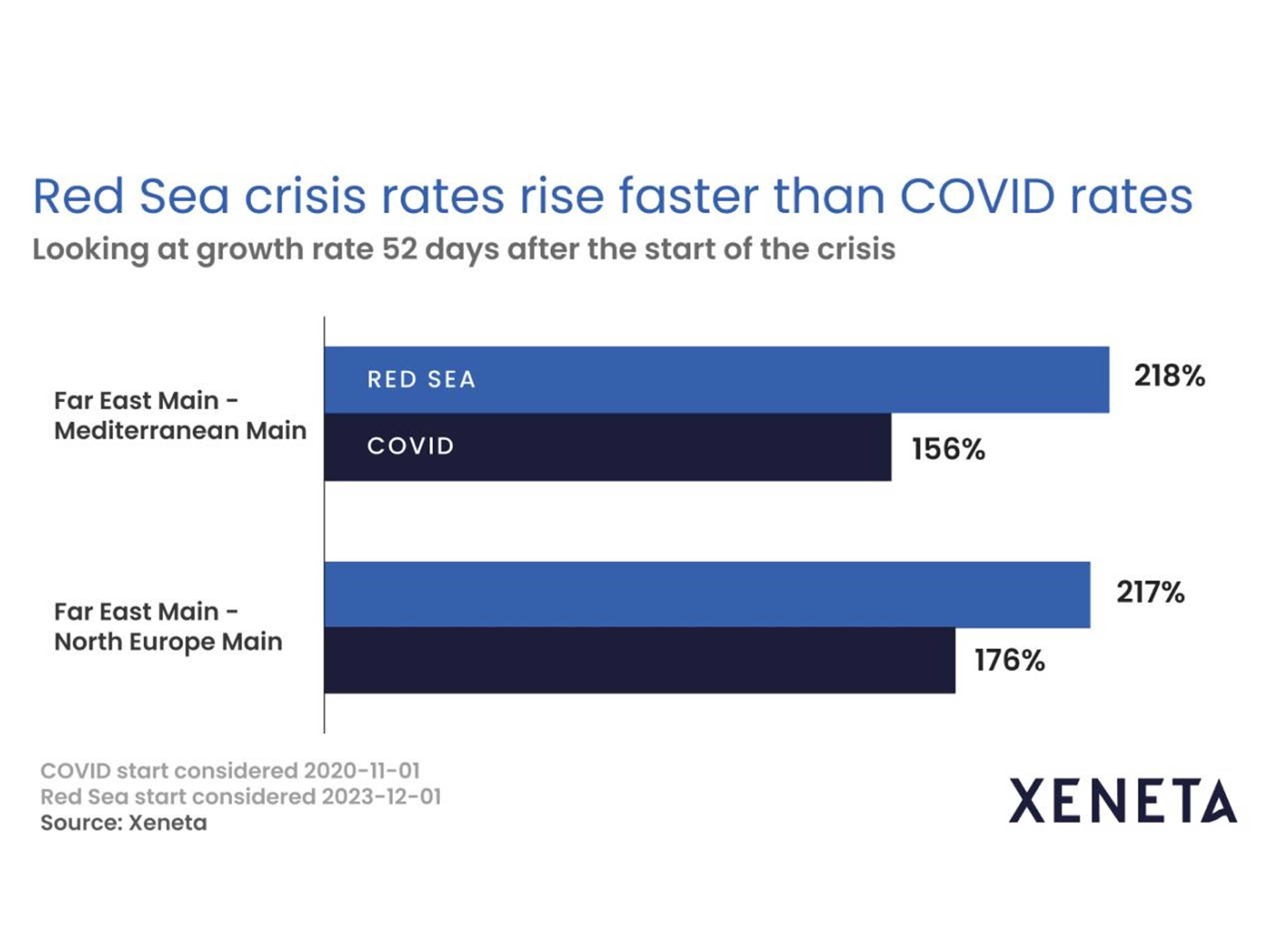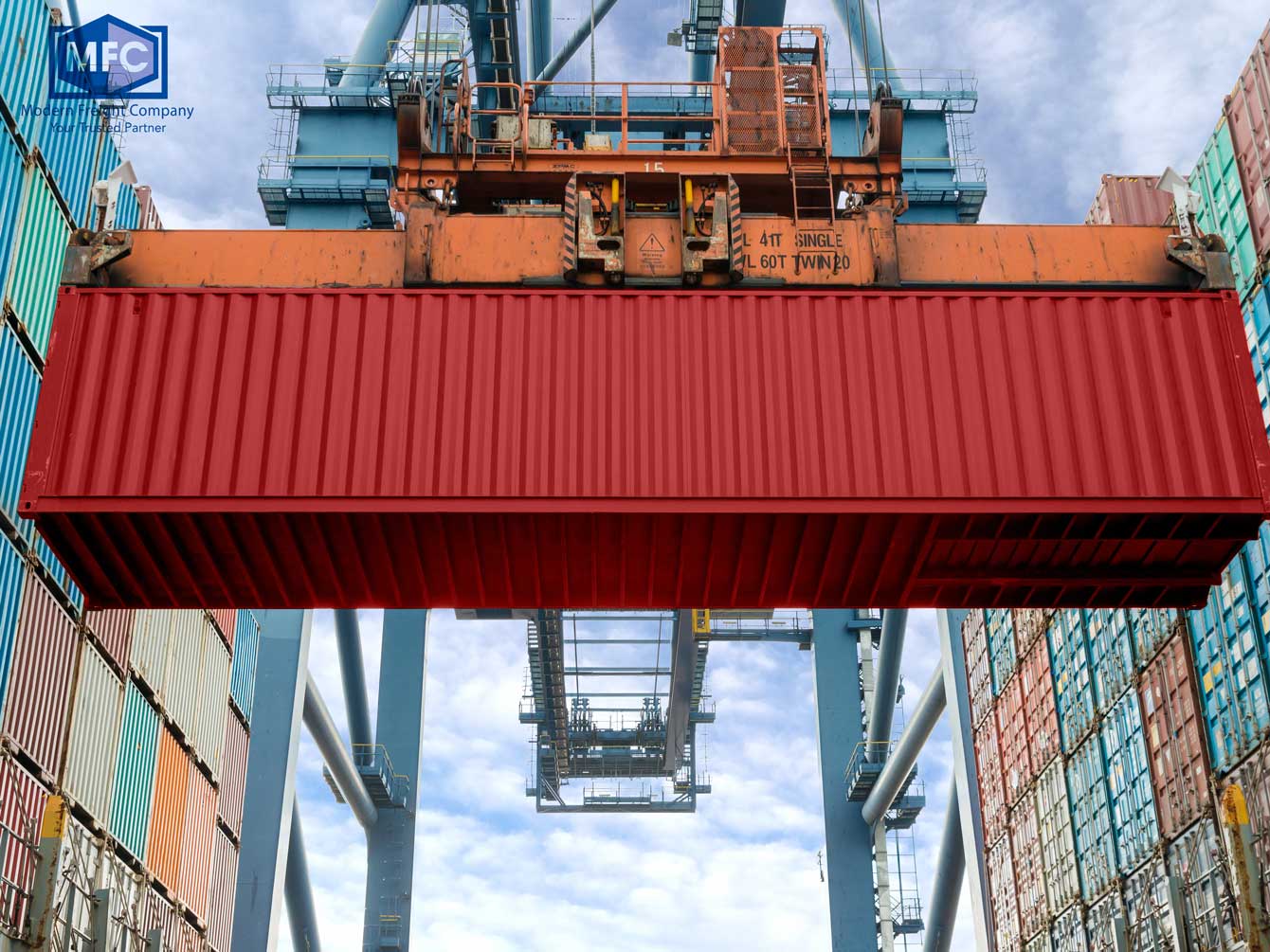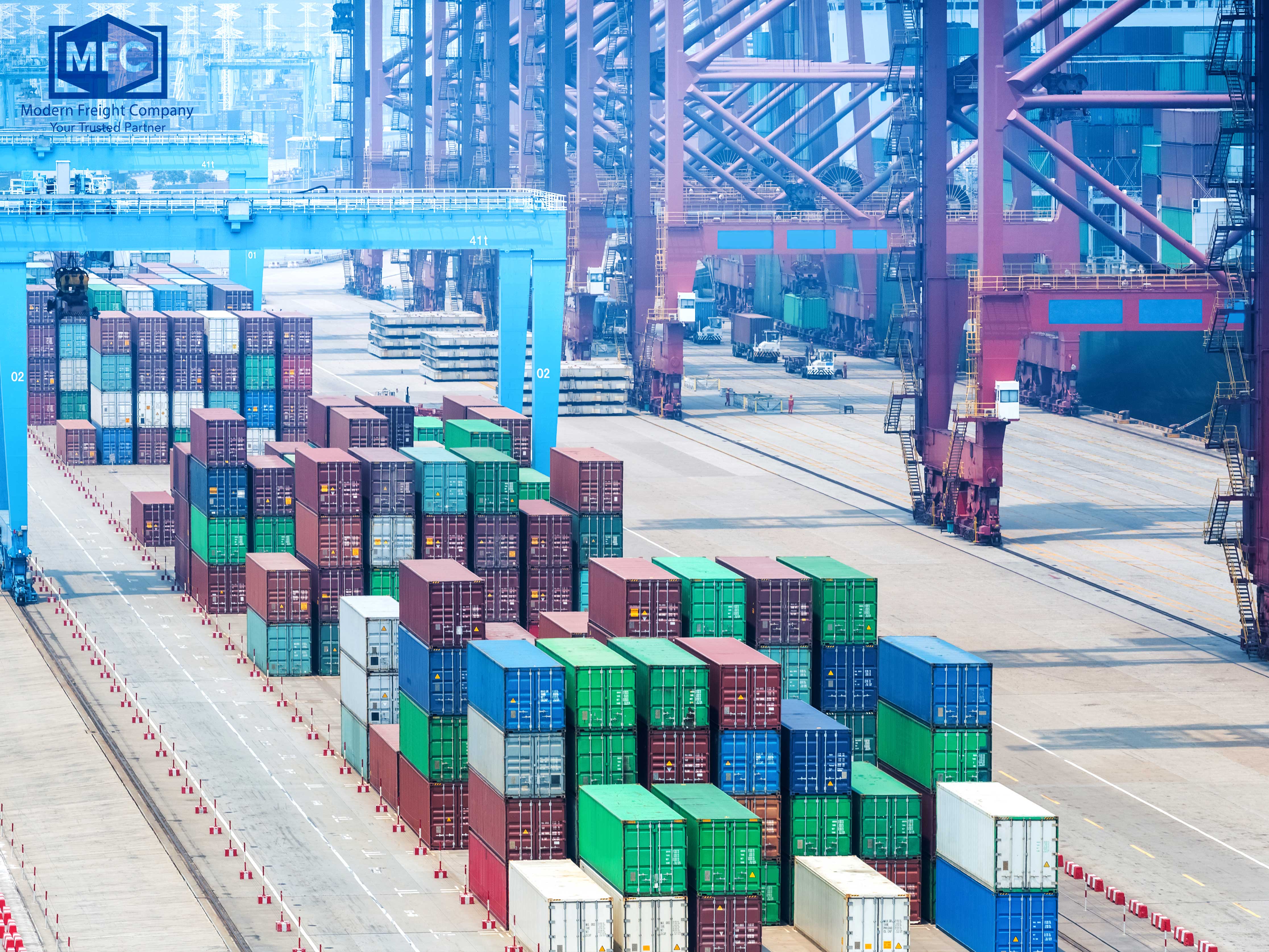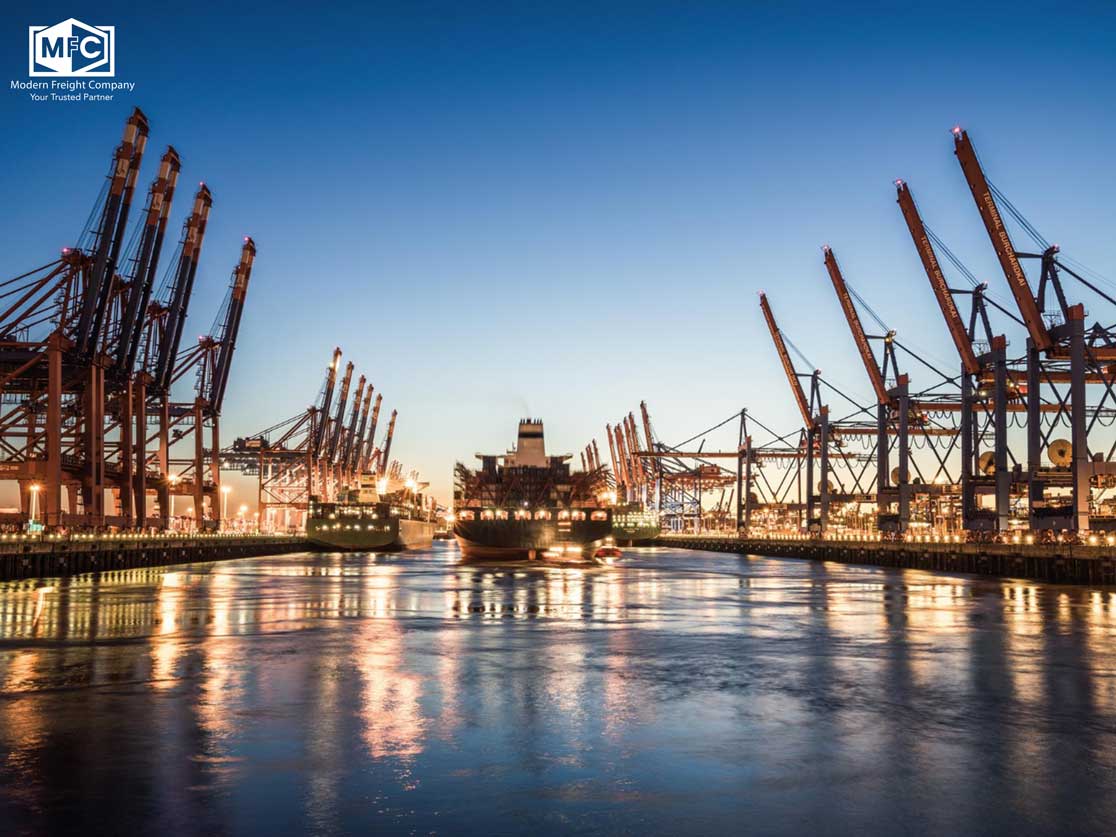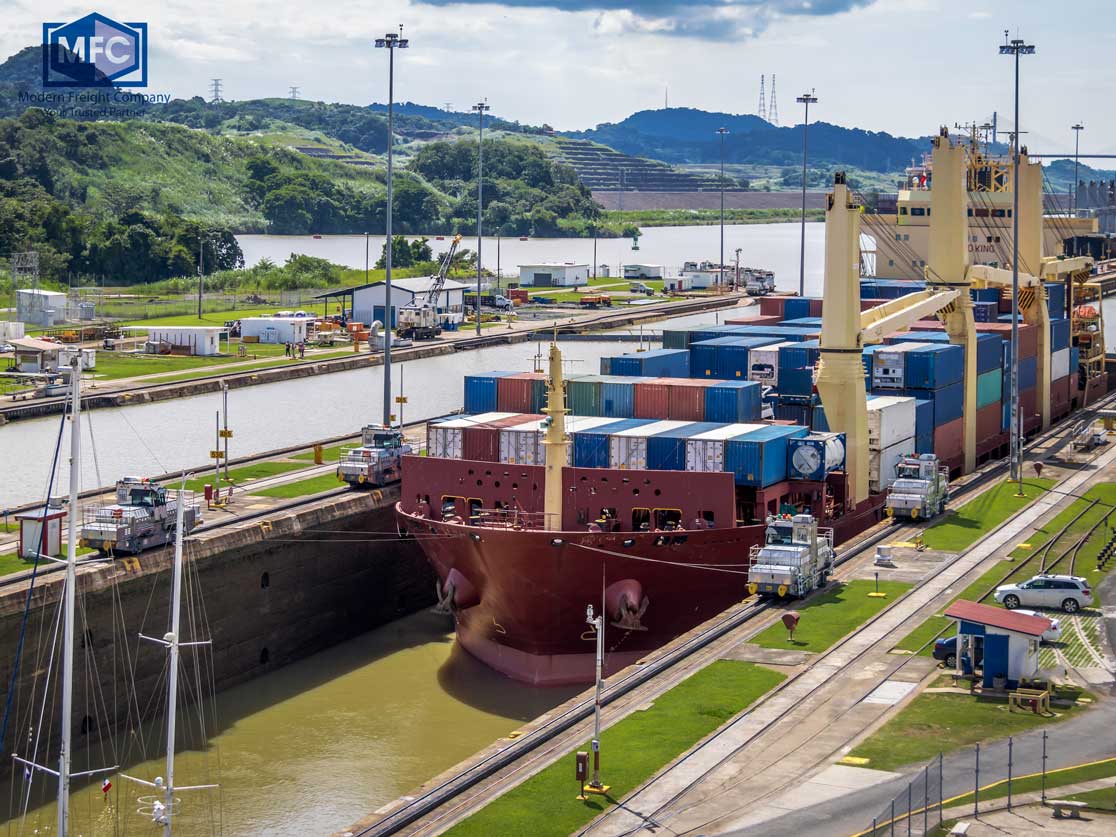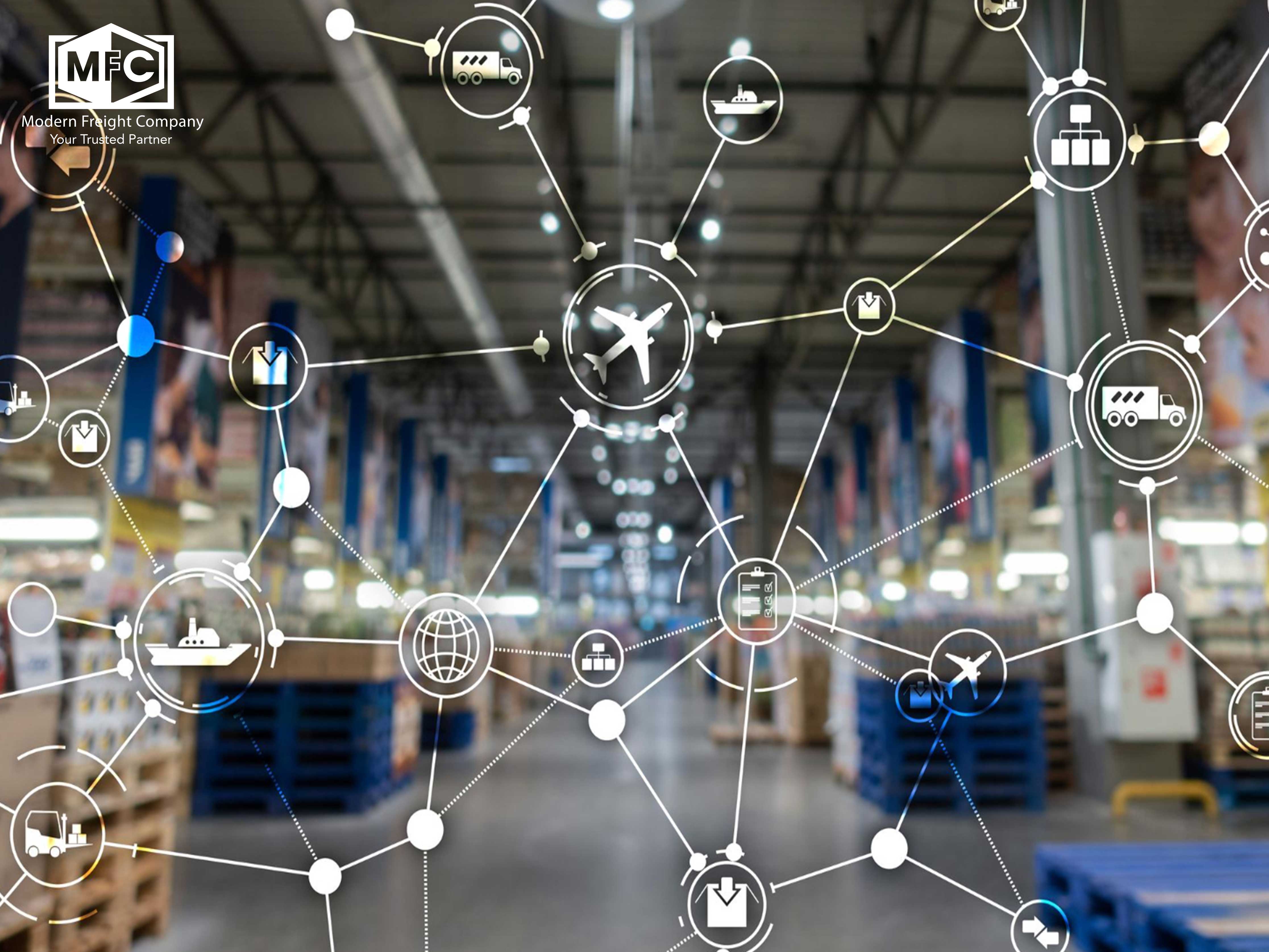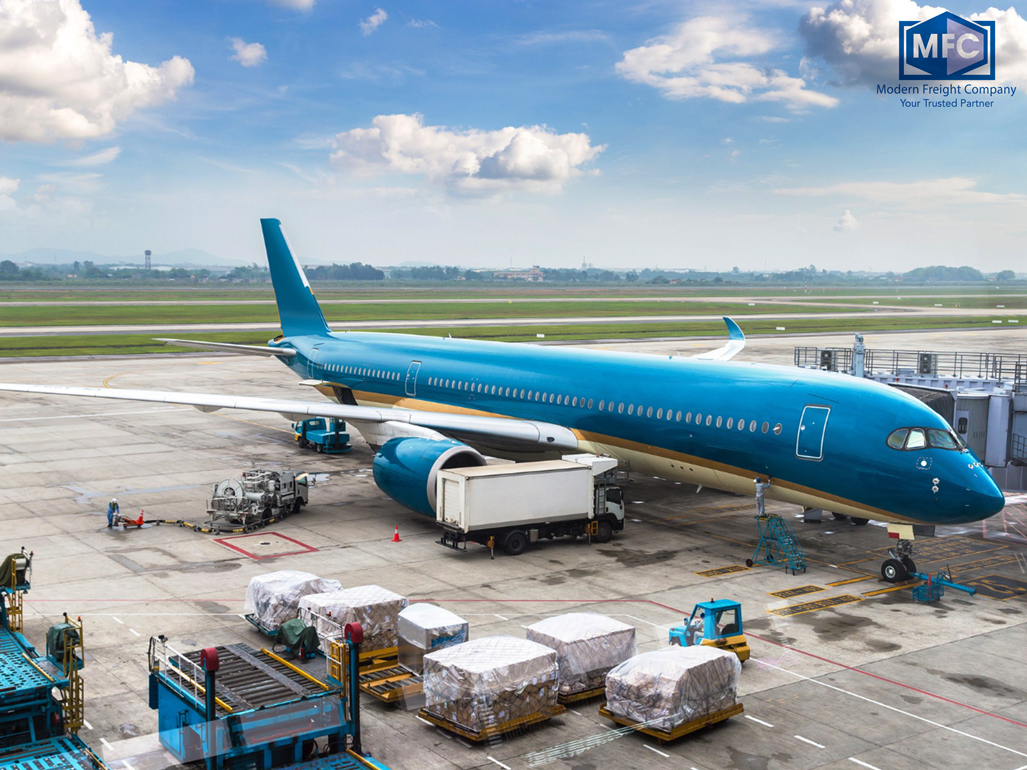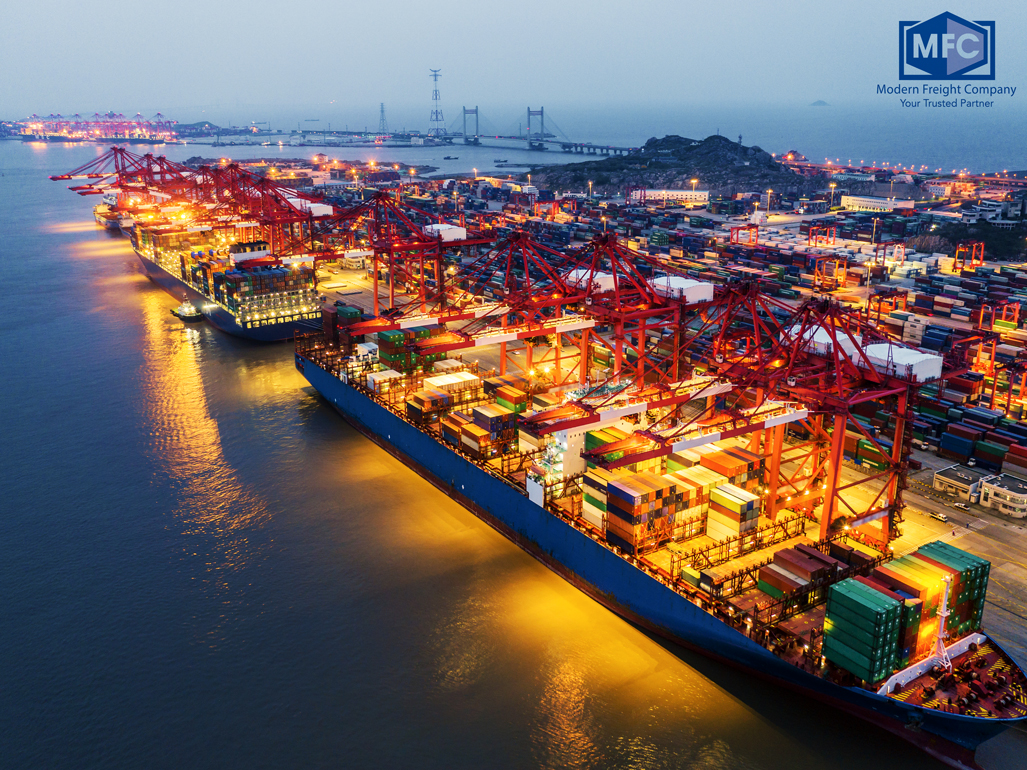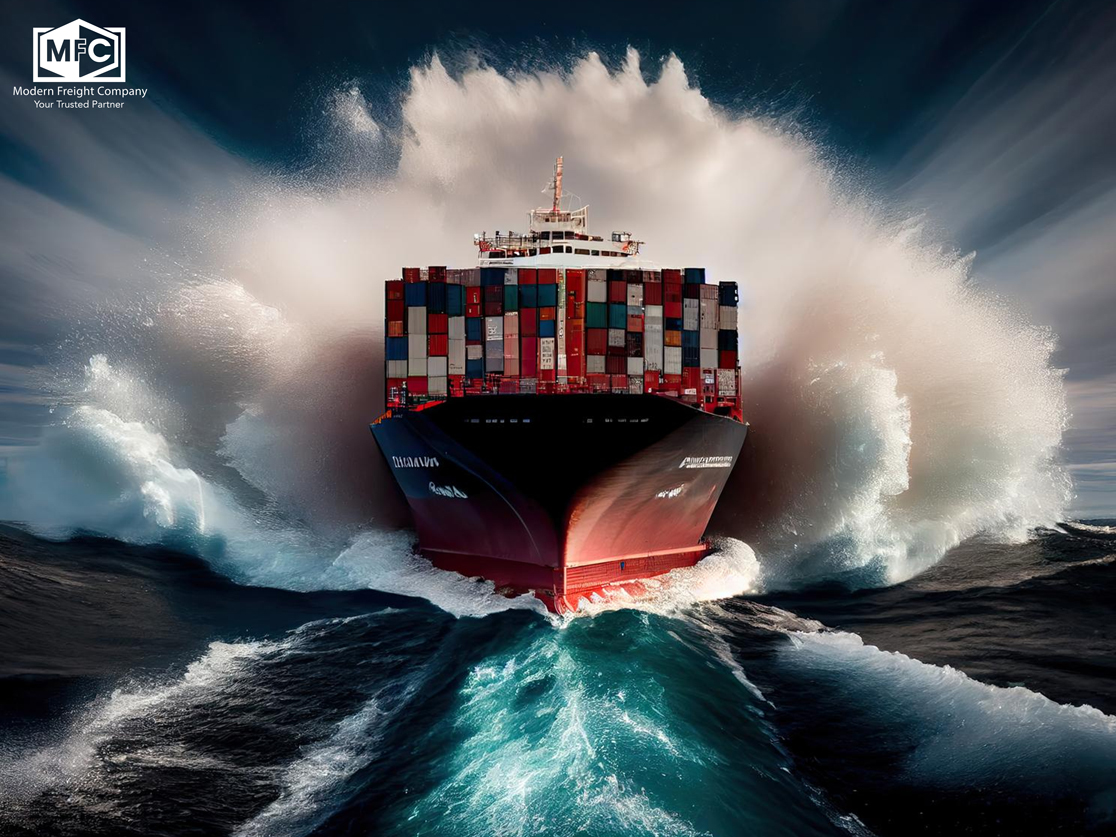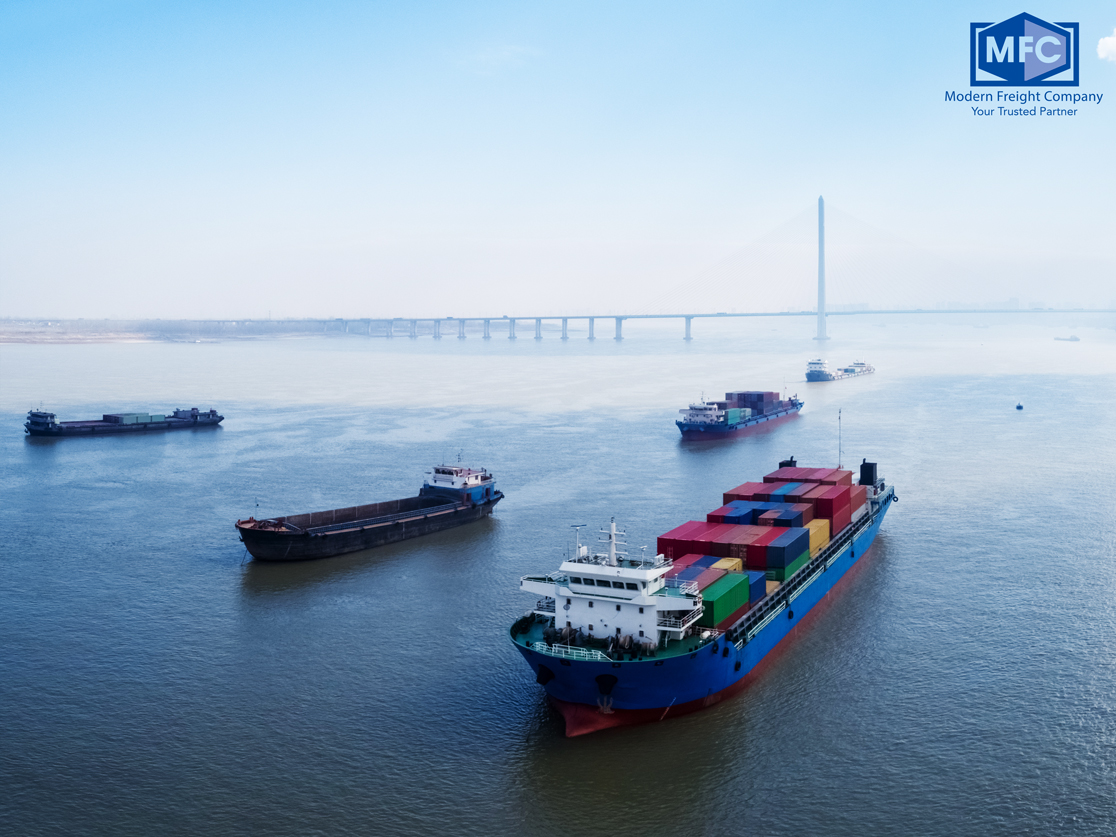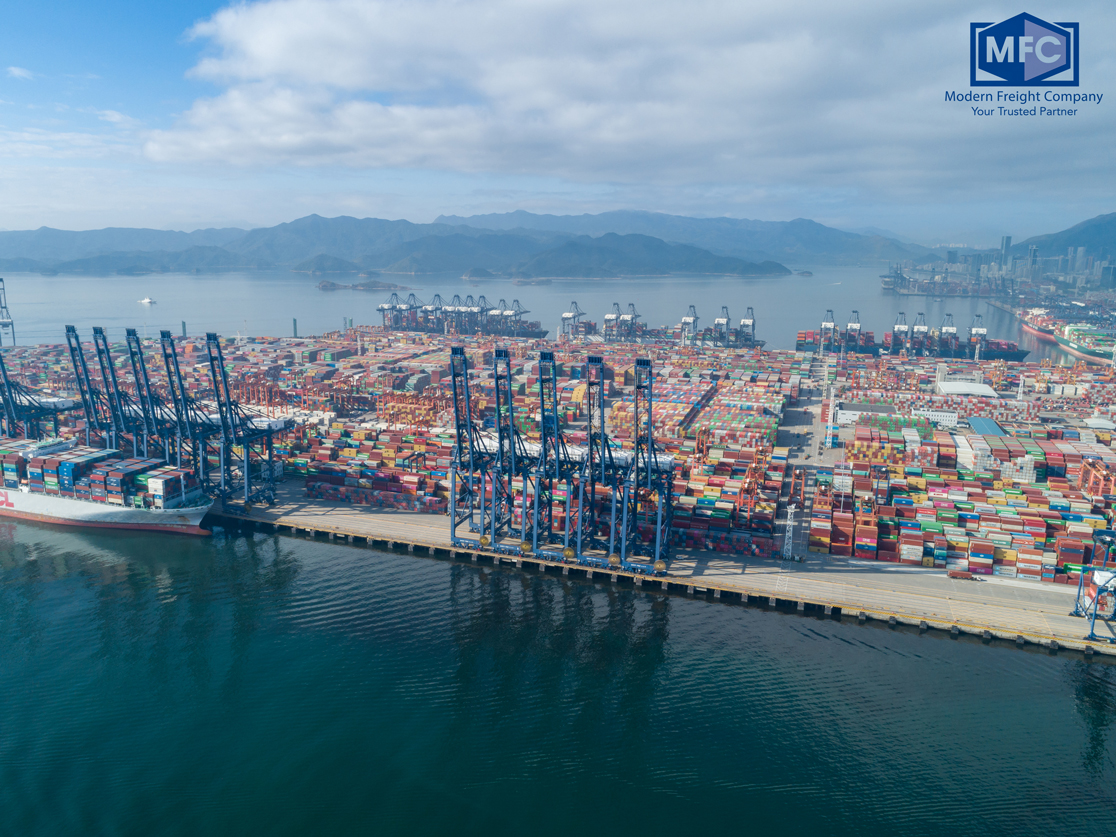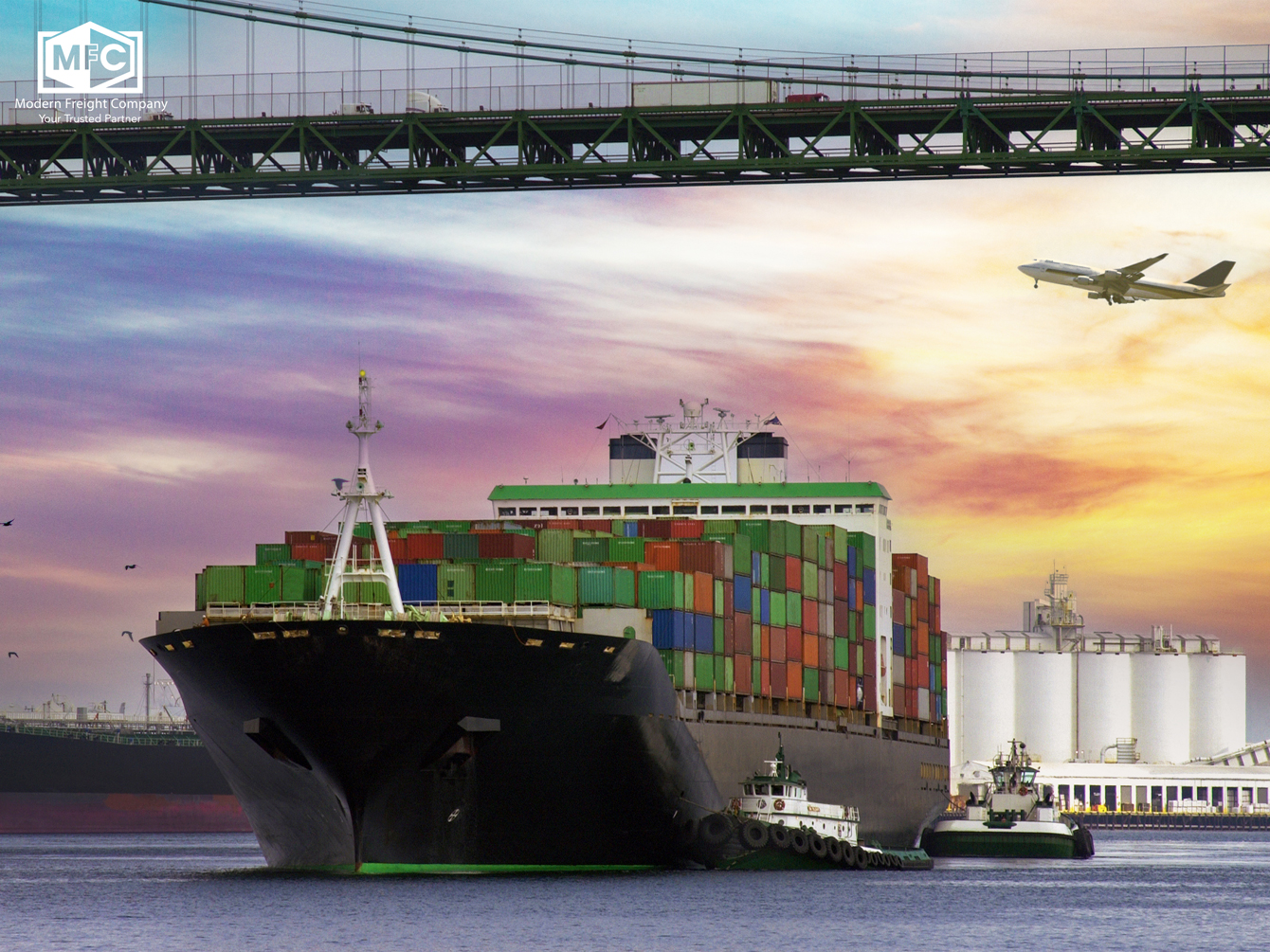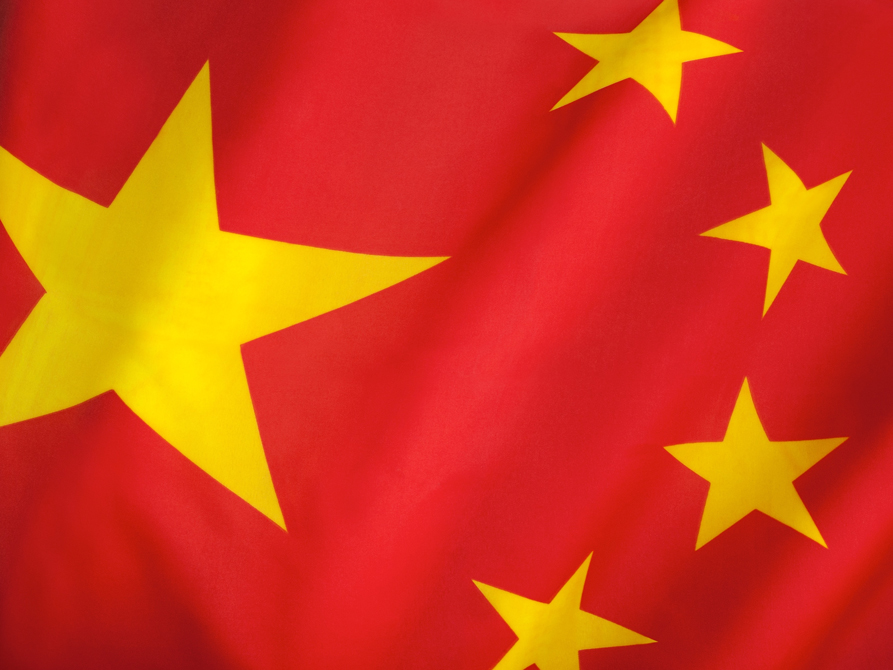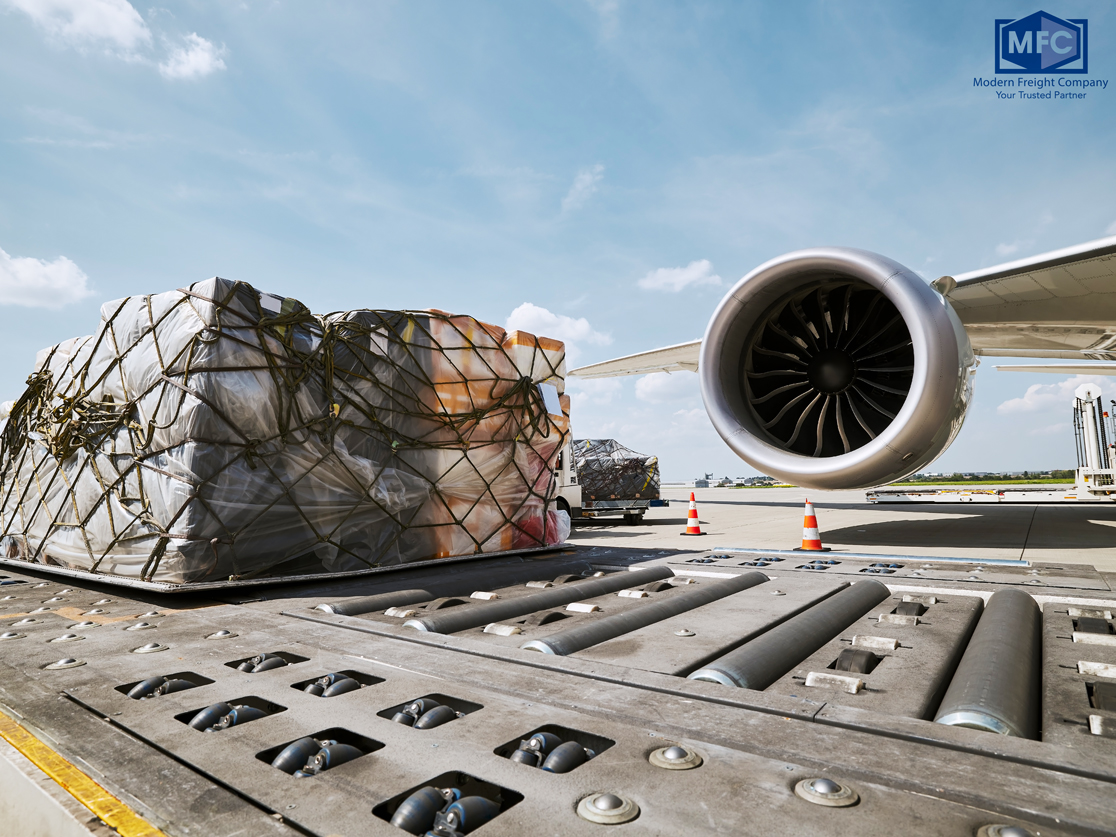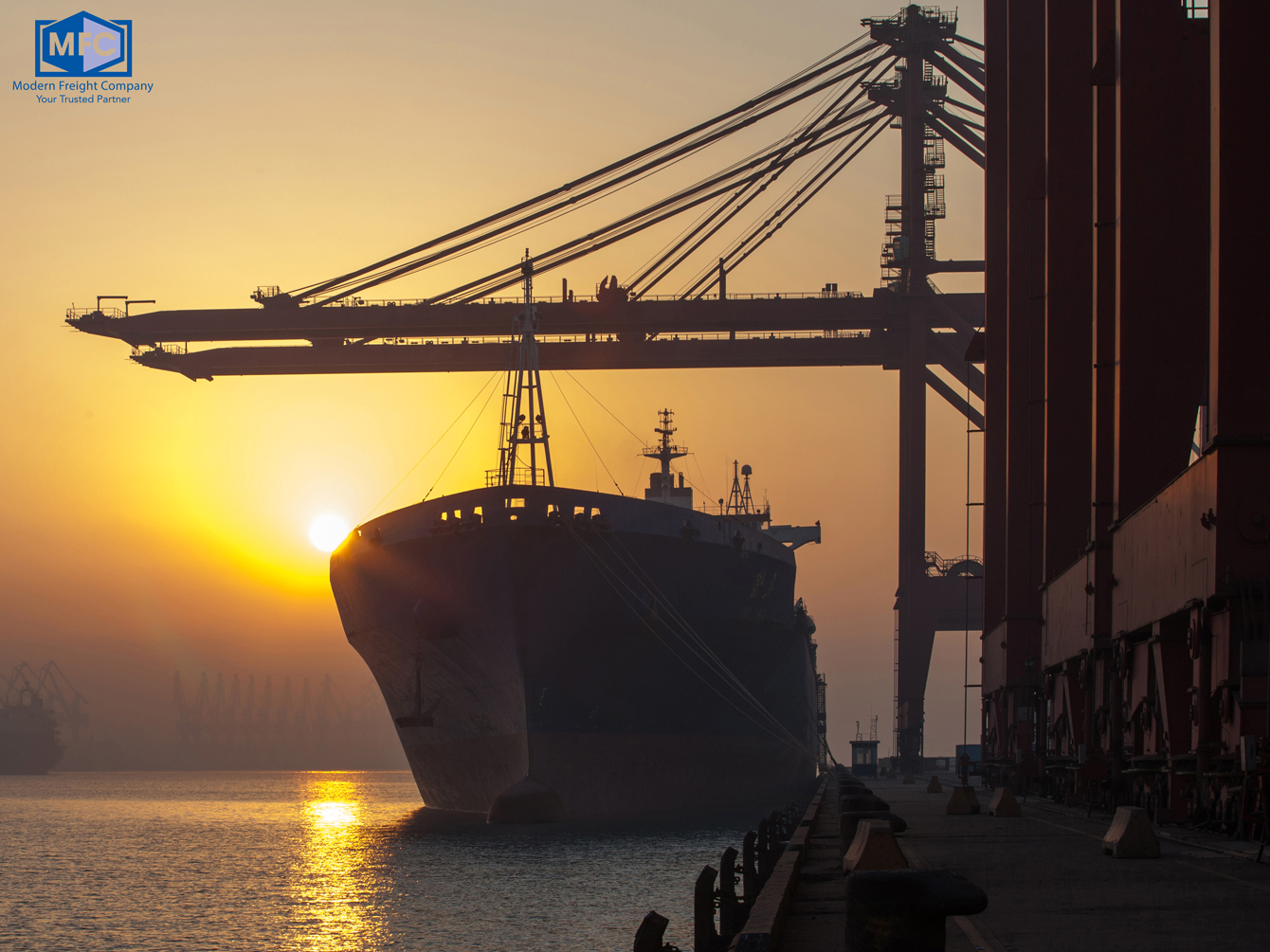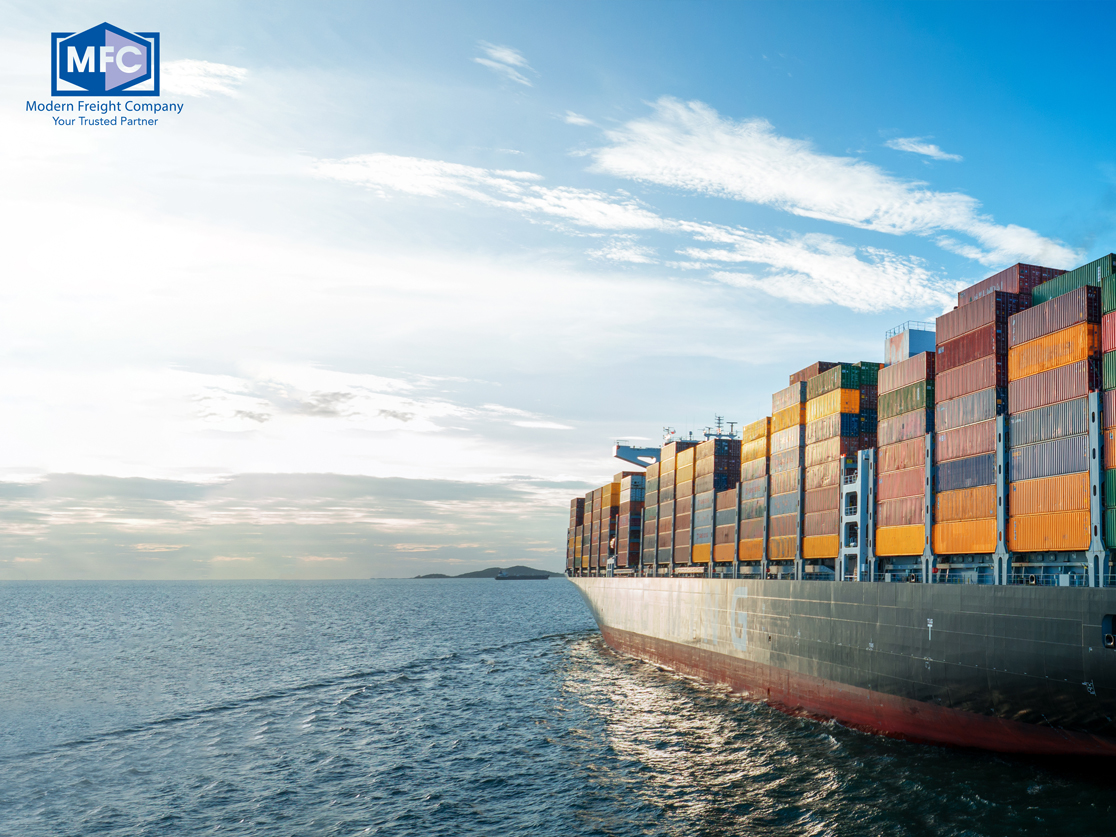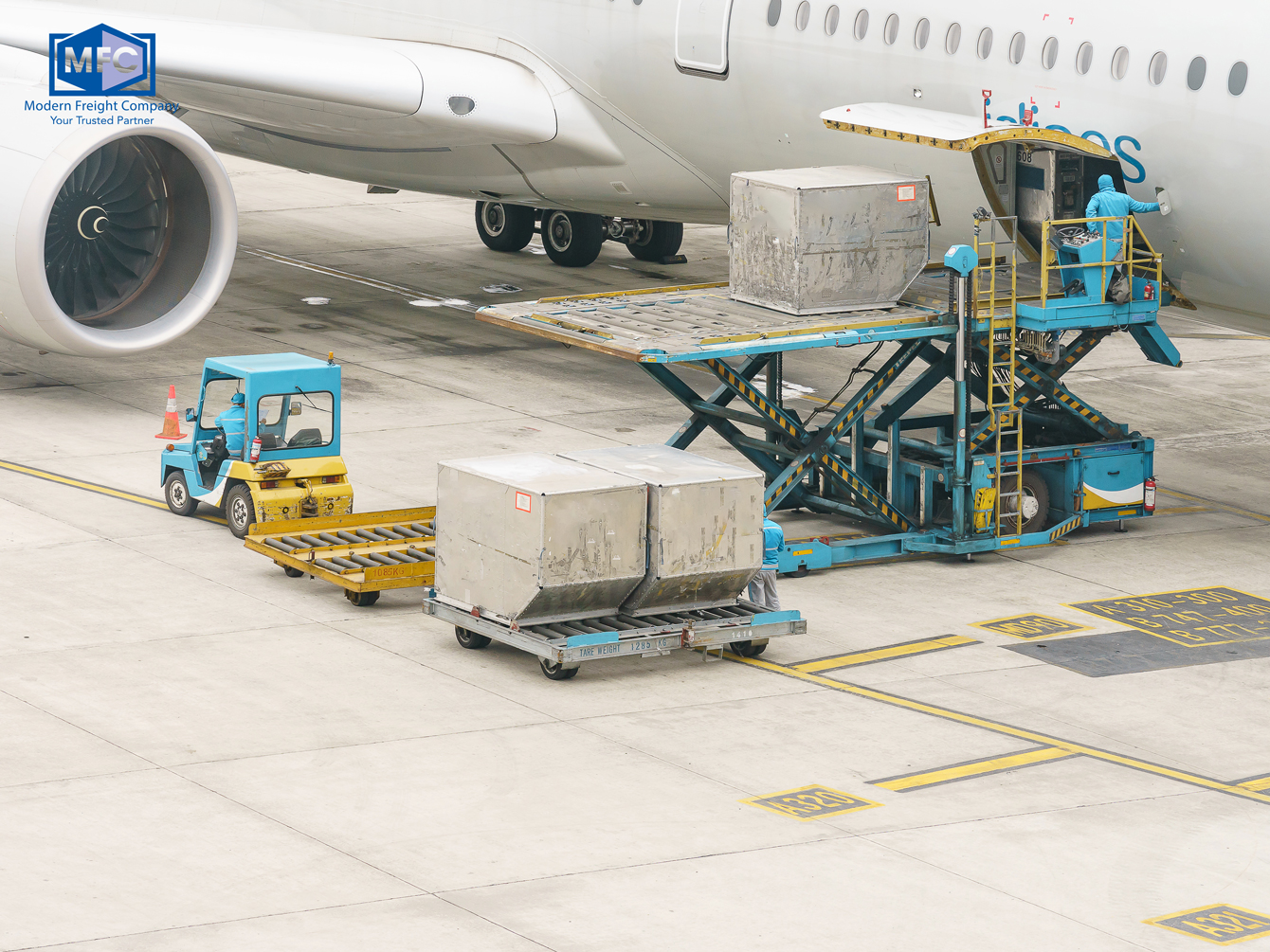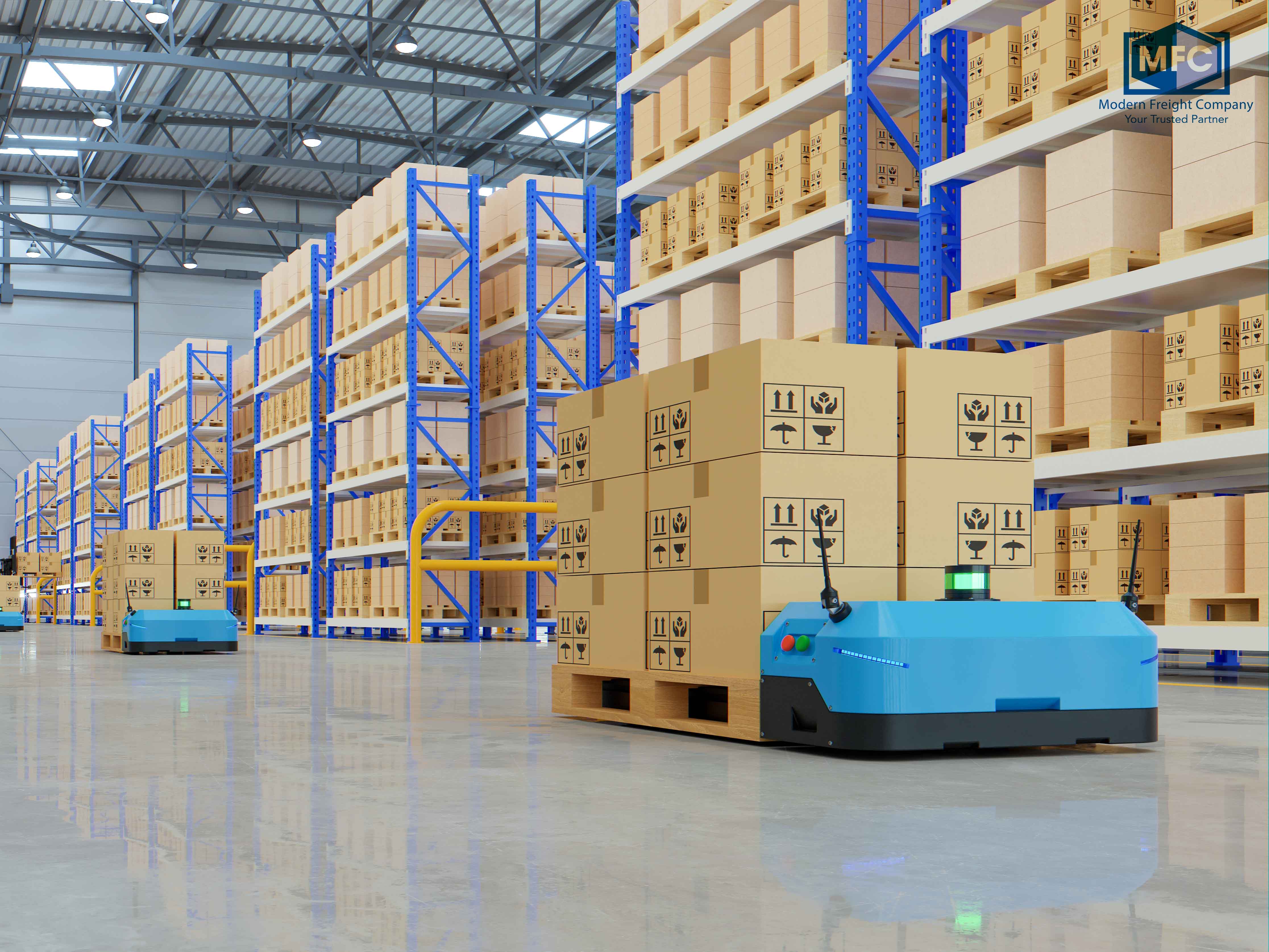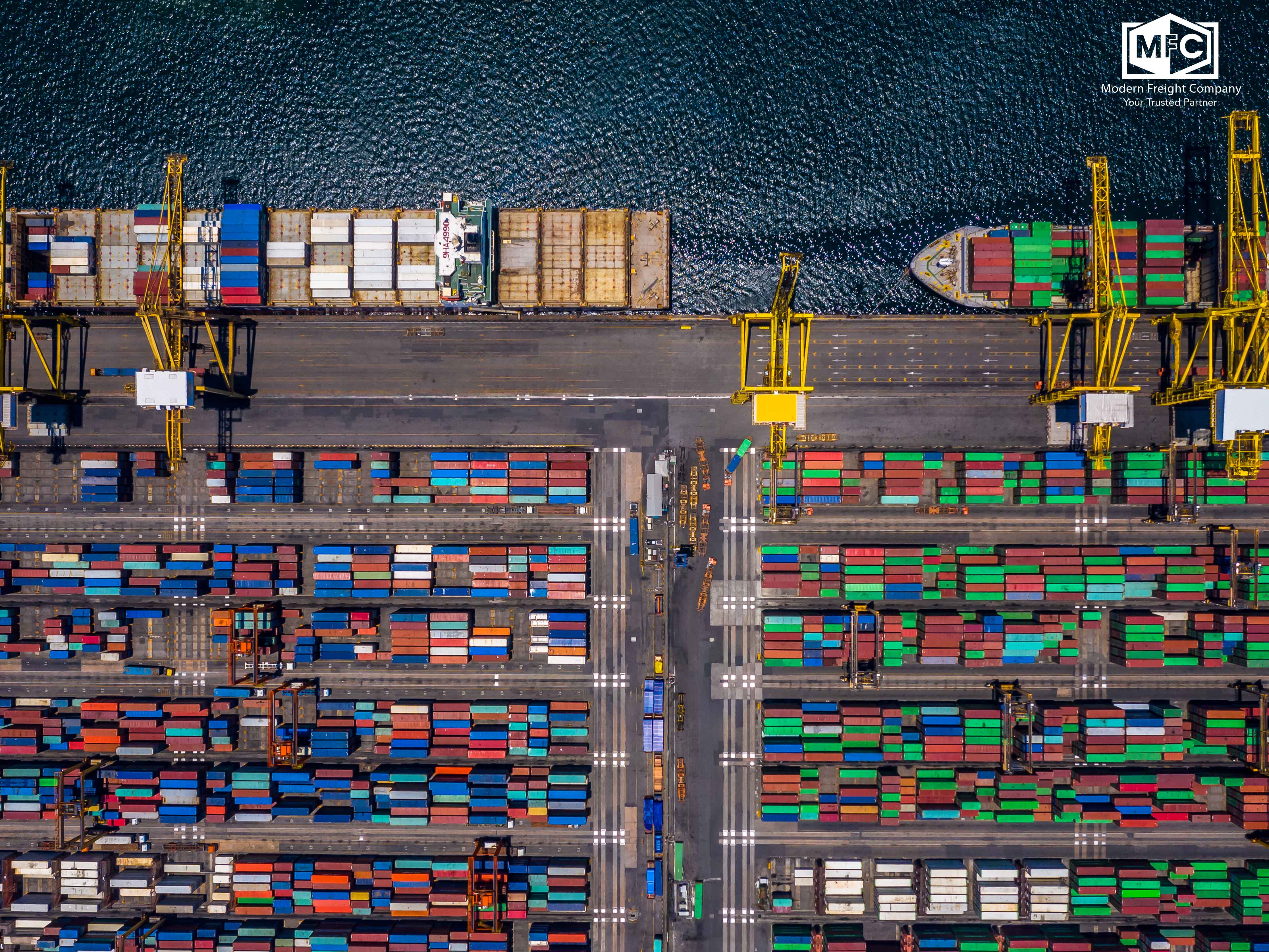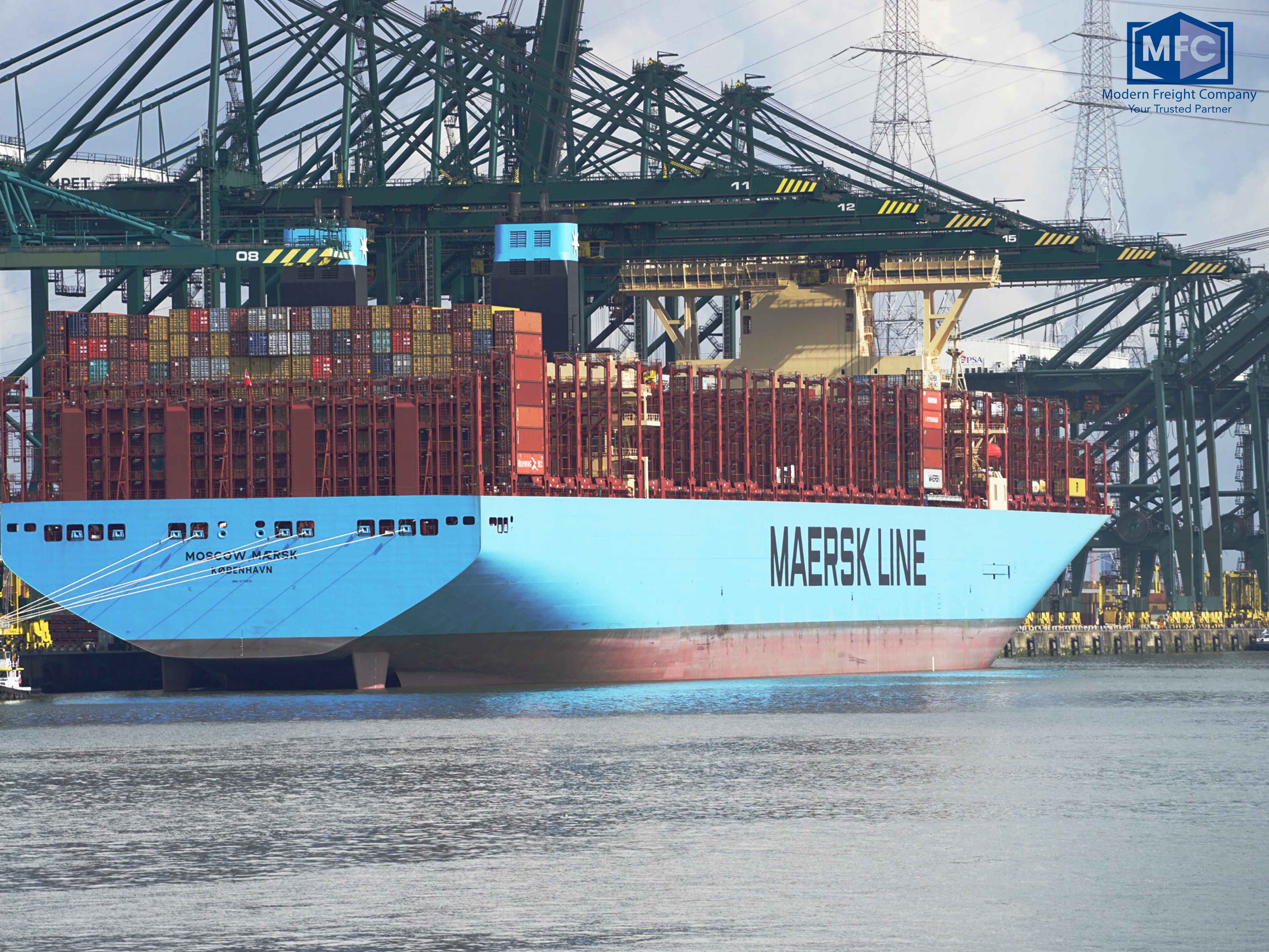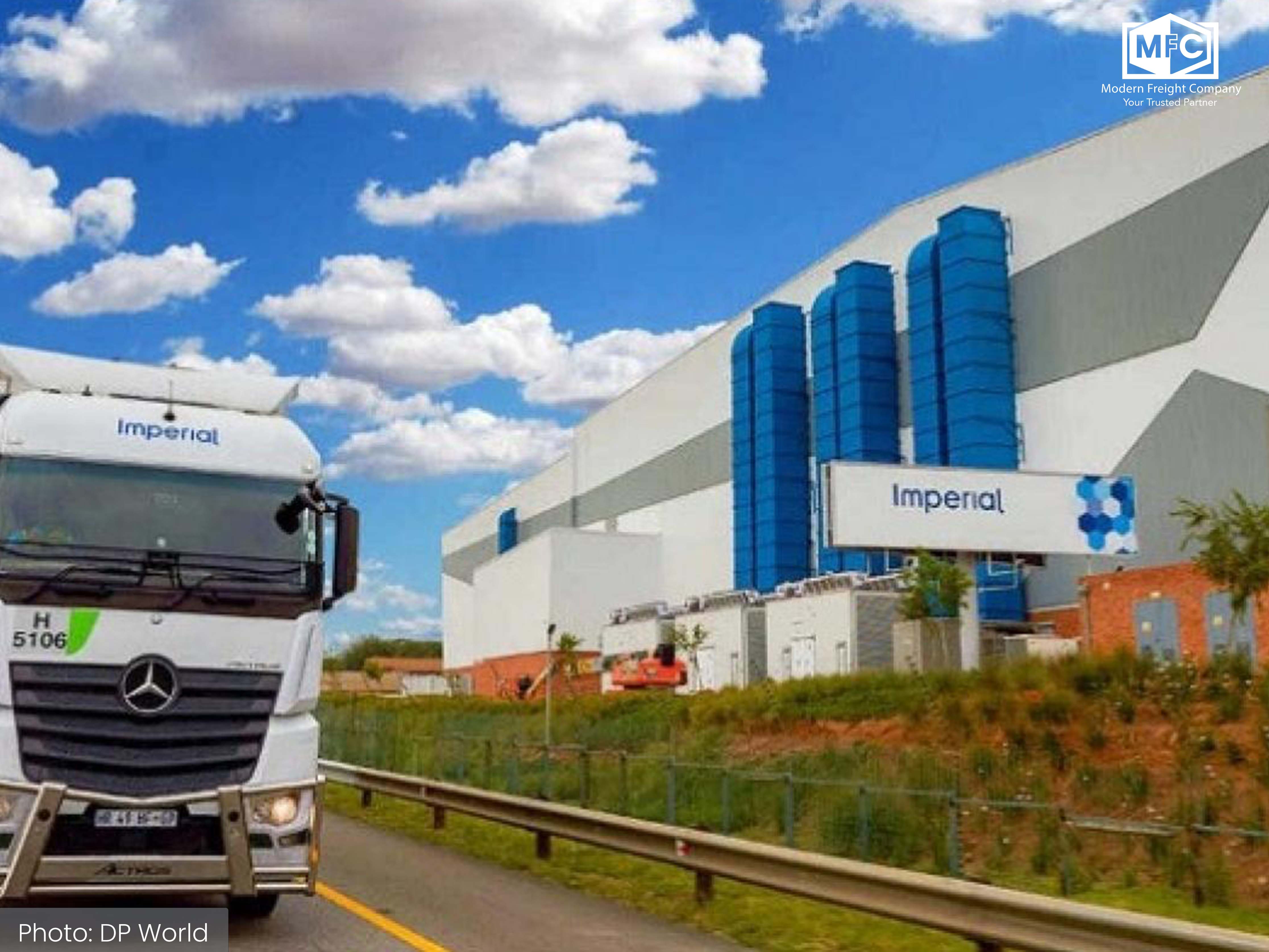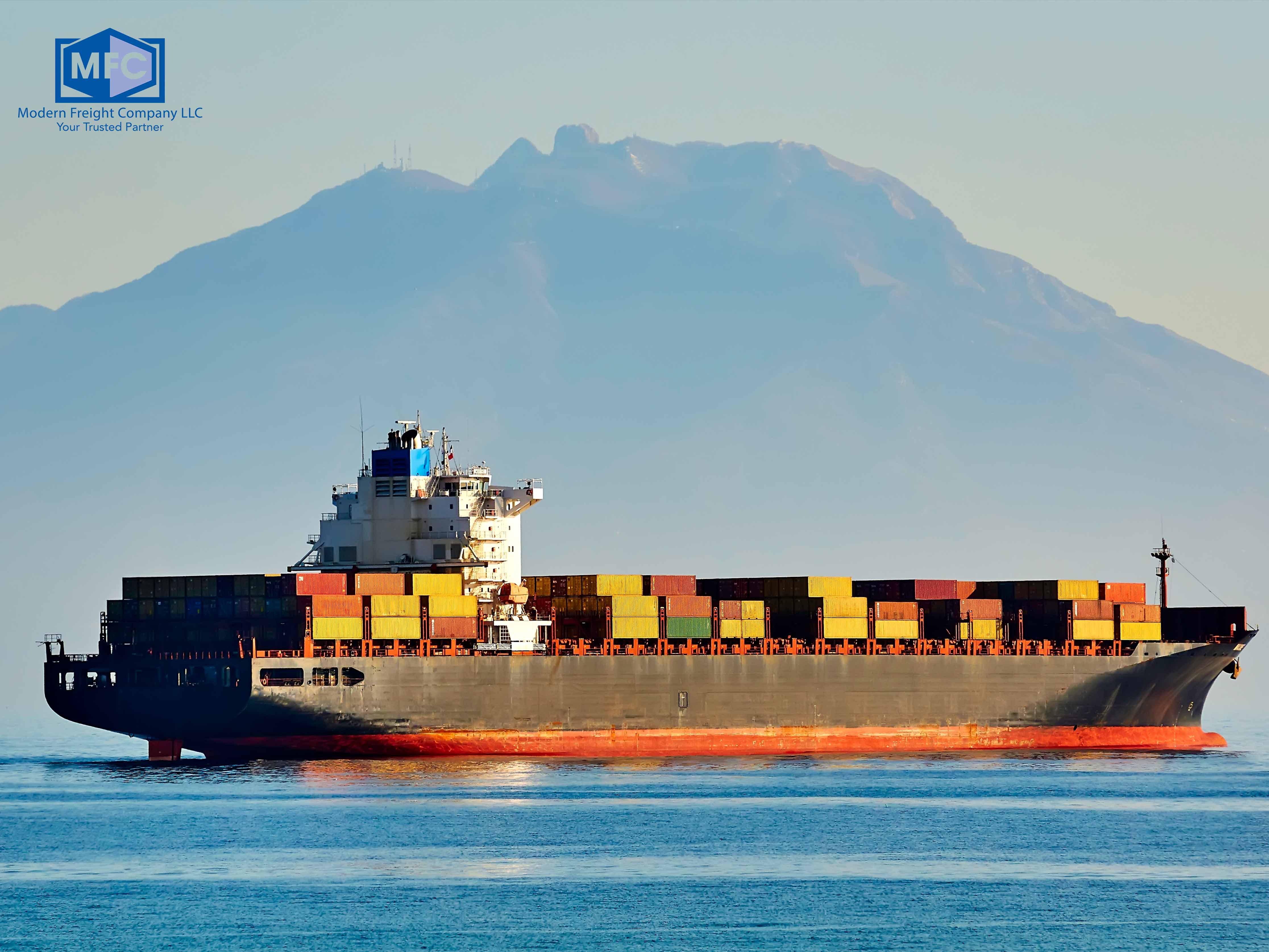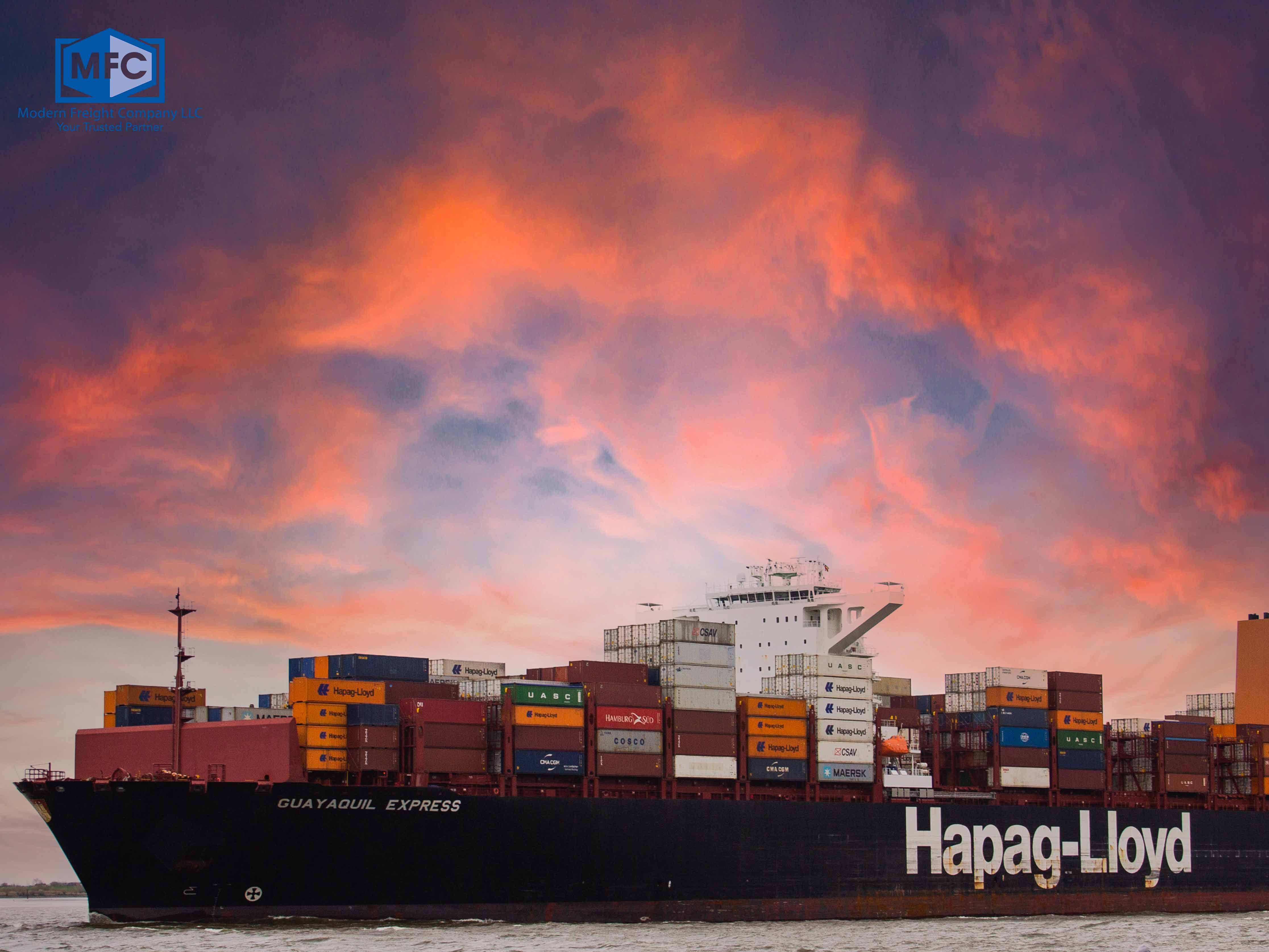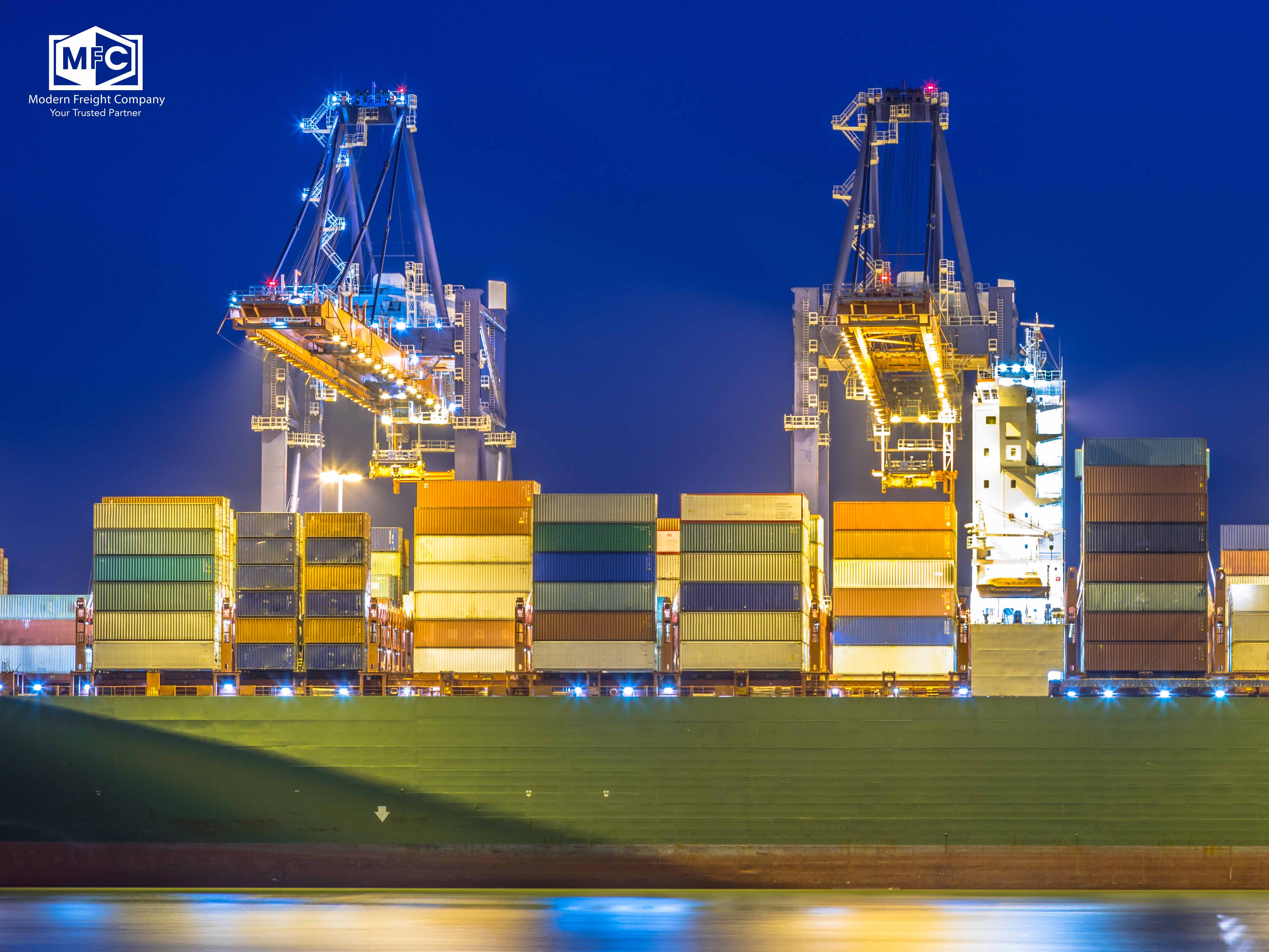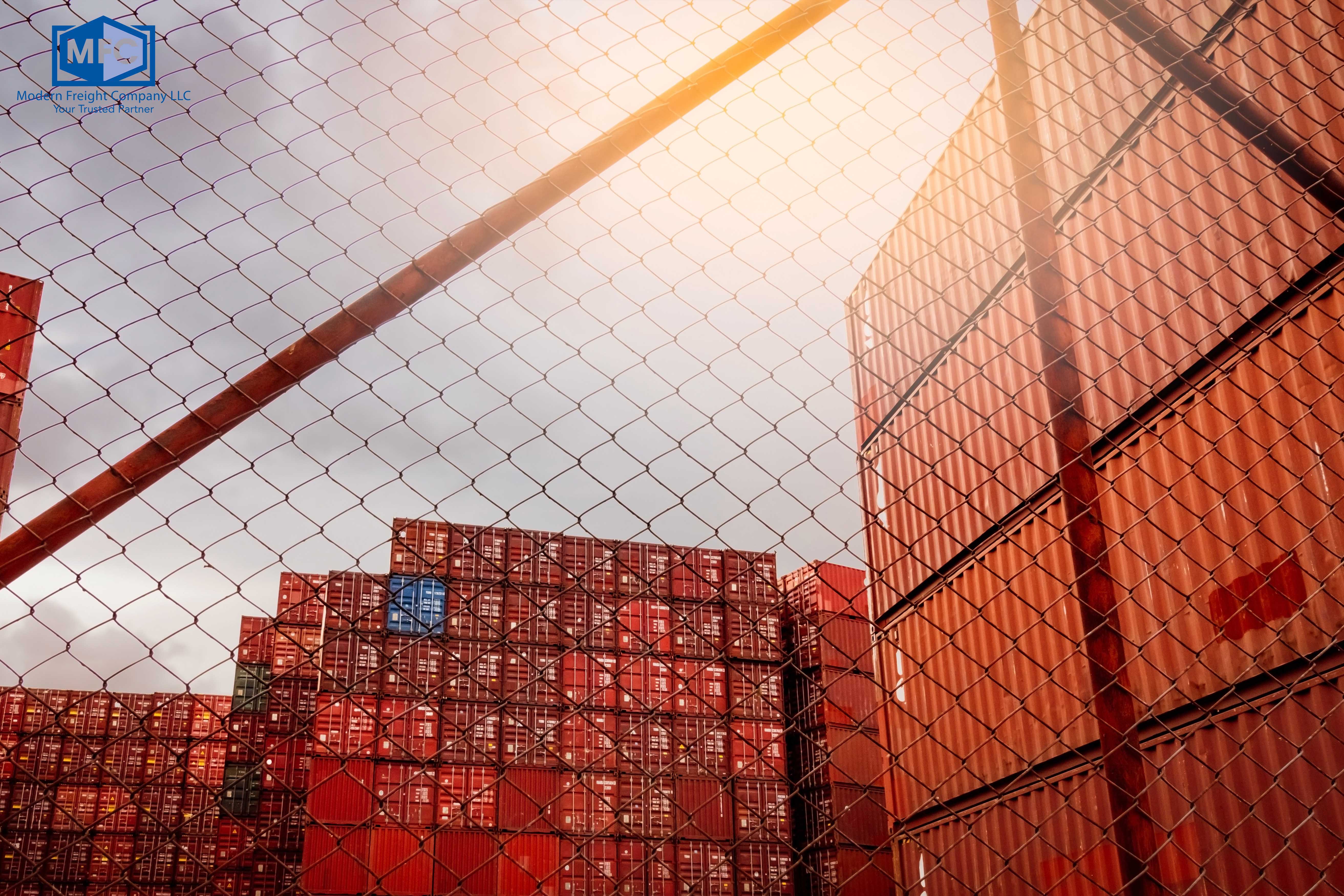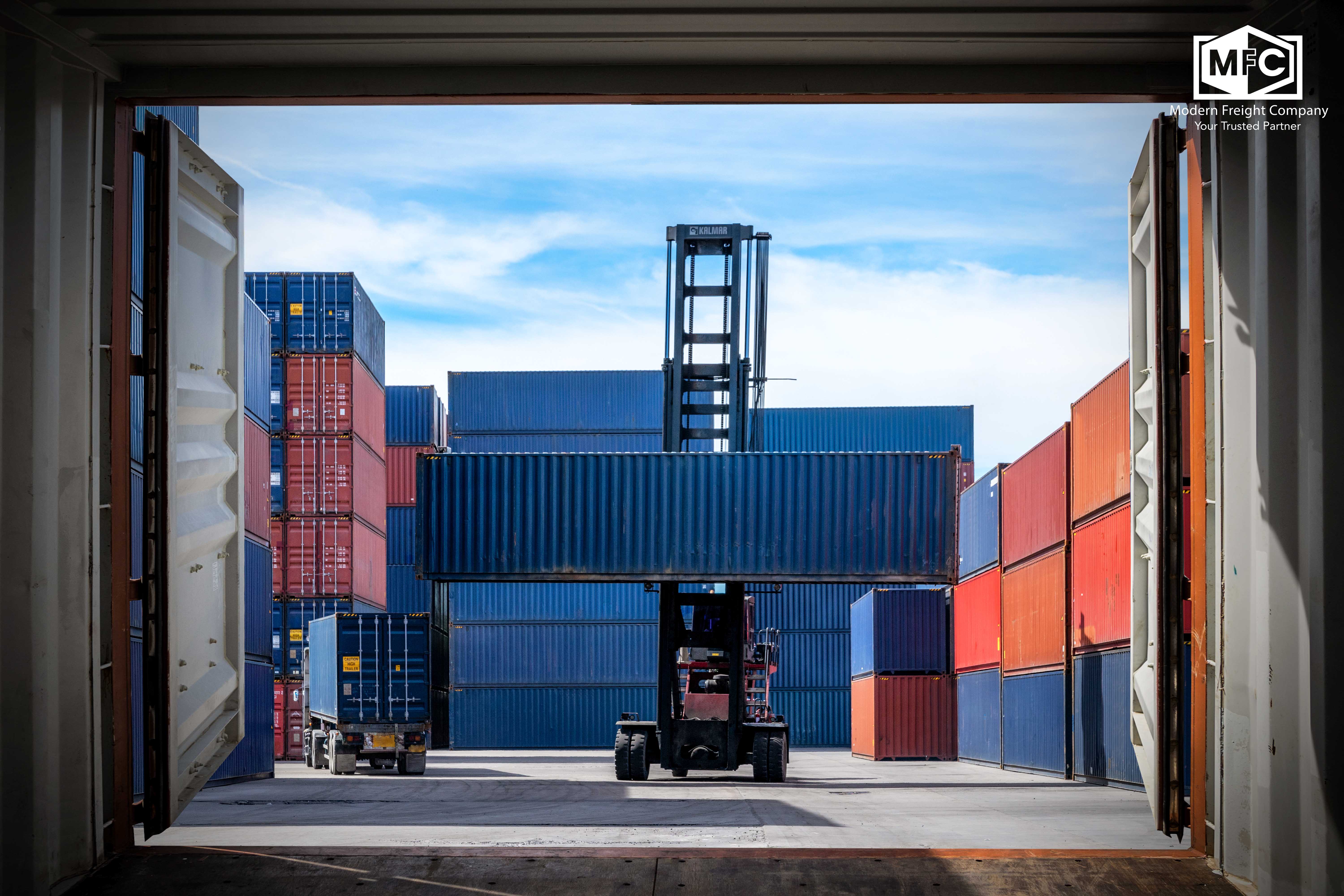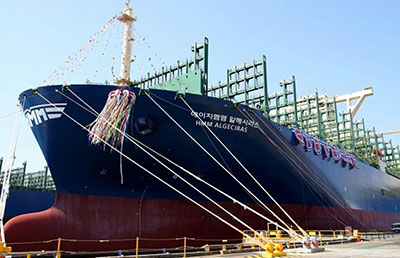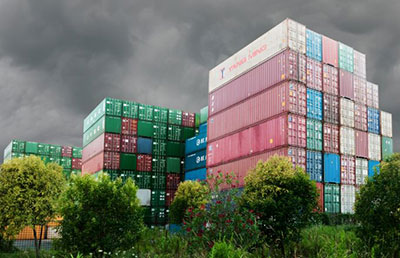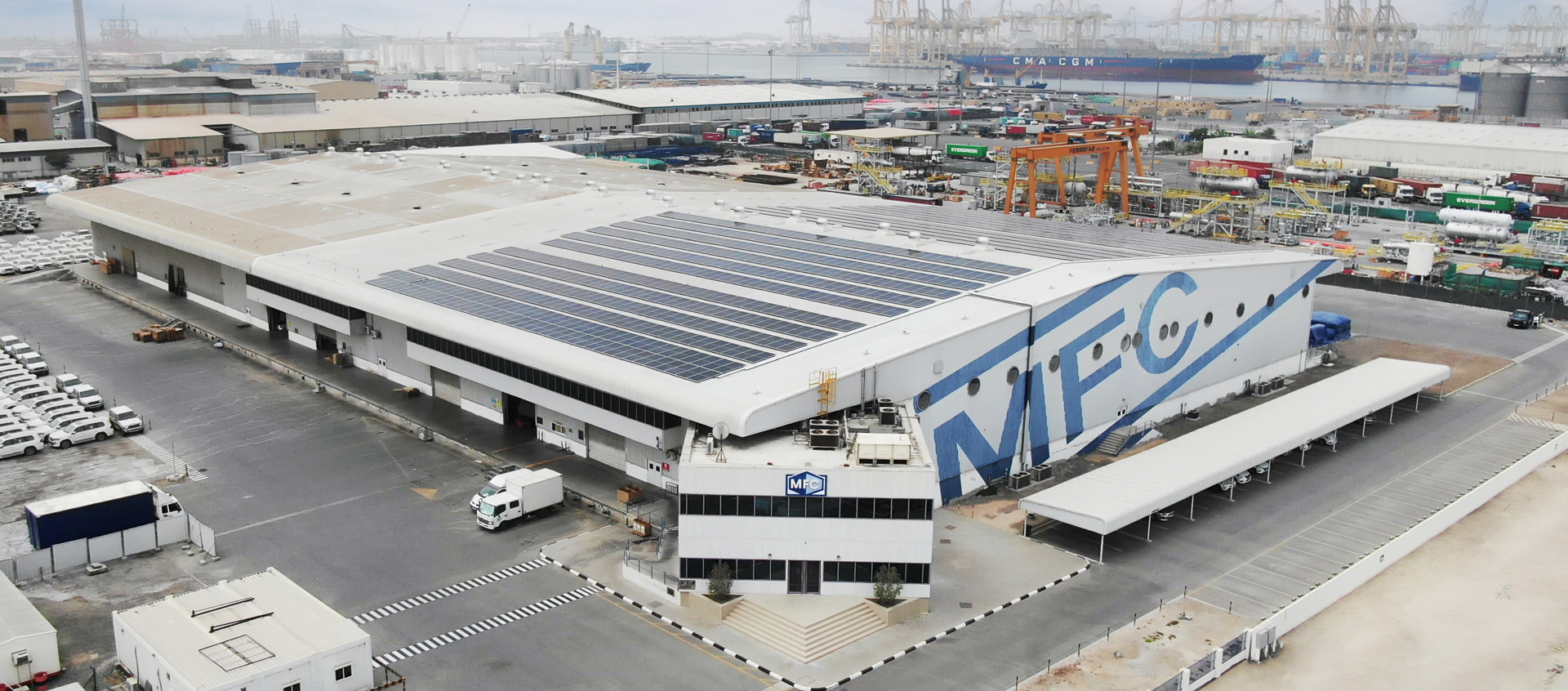
Industry News
RELATED STORIES
Yard Bottlenecks Ripple Through Supply Chains in 2026 - SupplyChainBrain
Once an afterthought in supply chain strategy, ...
Know MoreMENA set to lead global sustainable aviation fuel market - Technical Review Middle East
The Middle East and North Africa (MENA) region ...
Know MoreThe New Economics of Warehousing: Flexibility Over Footprint - SupplyChainBrain
The warehousing landscape is undergoing a quiet...
Know MoreRetail giants back first e-ammonia boxship - splash247
The Zero Emission Maritime Buyers Alliance (ZEM...
Know MoreShipping lines gear up for post-Red Sea crisis restructure - SeaTrade Maritime
Seatrade Maritime News and MDS Transmodal exami...
Know MoreWhat Peak Season 2024 Taught Us About the New Rules of Holiday Shipping - SupplyChainBrain
Last year’s peak season proved what many ...
Know MoreWelcome to the age of uncertainty - splash247
The opening Big Issues session of the Maritime ...
Know MoreJebel Ali Port breaks nine-year record for container volume in July on Cepa deals - The National News
DP World’s Jebel Ali Port has reported it...
Know MoreBox rates rates sink to lowest levels since Red Sea crisis - Splash247
Container freight rates are sliding further, wi...
Know MoreUN: Trade reset, geopolitics to hurt container trade growth - FreightWaves
Maritime trade is entering a period of fragile ...
Know MoreCarriers reroute fleets to sidestep US levy - splash247
Global shipping is realigning fleets in anticip...
Know MoreEU Takes Aim at Shein and Temu Over Flood of Unsafe Products - SupplyChainBrain
EU Justice Commissioner Michael McGrath is vowi...
Know MoreSecond half air cargo volumes depend on market diversification - Air Cargo News
Air cargo demand growth is present outside of t...
Know MoreUp to Dhs500,000 fine for firms circumventing Emiratisation targets: Ministry - gulftoday.ae
The Ministry of Human Resources and Emiratisati...
Know MoreShipping in wait-and-see mode as Iran and Israel conflict continues - lloydslist.com
TANKER rates remain elevated, along with the fo...
Know MoreContainer freight rates fall but Red Sea return will be tipping point - seatrade-maritime.com
The Drewry World Container Index (WCI) shed a f...
Know MoreAD Ports Group Opens First Inland Dry Port Facility in Abu Dhabi - transportandlogisticsme.com
AD Ports Group has announced the inaugu...
Know MoreCarriers cautious on return to Red Sea as Houthis say they will end attacks - FreightWaves.com
Yemen’s Houthi rebels said they will ceas...
Know MoreHave carriers failed to adjust to a new normal? - Seatrade-Maritime
Liner shipping operators are failing to act on ...
Know MoreShippers warned to ensure contingency plans are in place ahead of a potential strike at US East Coast and Gulf Coast ports next week - Container News
Transportation and logistics providers, port op...
Know MoreShips Fleeing the Red Sea Now Face Perilous African Weather - SupplyChainBrain
Ships sailing around the southern tip of Africa...
Know MoreMore ships and more containers needed for 'feverish' box shipping sector - The Loadstar
Supply in container shipping has become “...
Know MoreOcean and airfreight rate differential narrows - Air Cargo News
The difference between ocean and airfreight rat...
Know MoreUS Demand For Goods From 2 Chinese Firms Sends Air Cargo Rates Soaring - NDTV
Two Chinese companies have turned the global ai...
Know MoreMounting container shortages creating 'total havoc' - The Loadstar
Containers out of northern China are becoming i...
Know More11,100 new slots a day: April smashes records for liner deliveries - Splash247
The teu tsunami coming out of Asian yards shows...
Know MoreMixed signals on container freight rates as Red Sea alarm subsides - Seatrade Maritime
Linerlytica, however, reported this week that &...
Know MoreJebel Ali returns to top-10 busiest container ports - Container News
Alphaliner's report said the Middle East’...
Know MoreThe Evolution of Physical Security Technology in the Supply Chain Industry - SupplyChainBrain
The seamless operation of supply chains, which ...
Know MoreRed Sea crisis impact on box rates more rapid than Covid-19 - Asean Lines
The Red Sea crisis has seen ocean freight rates...
Know MoreFreight crime on the up as gangs become more tech-savvy - The Loadstar
Internet-enabled crime and insider involvement ...
Know MoreHigh demand, low supply: Dubai faces warehouse shortage amid new business influx - Logistics Middle East
Dubai is facing a shortage of warehouse space, ...
Know MoreVGM container weight mis-declaration 'rampant at most ports', say forwarders - The Loadstar
Container carriers are dealing with widespread ...
Know MoreCMA CGM announces overweight surcharge from Middle East Gulf to Europe and Mediterrannean - Container News
CMA CGM announced it will implement a new overw...
Know MoreBleak outlook for box trades as demand weakens prior to Golden Week - The Loadstar
Export bookings leading up to China’s Gol...
Know MoreShip queue grows at both ends of Panama Canal and congestion builds - The Loadstar
Draught limits on vessels seeking passage throu...
Know MoreOver 60% of Logistics Companies Are Investing in Supply Chain Management Systems-SupplyChainBrain
Almost two-thirds of logistics companies (64%) ...
Know MoreGrowing India-UAE trade flows to benefit from domestic currency invoicing - The Loadstar
After a free trade deal last year, India and th...
Know MoreAir cargo market still weakening while players search for optimism - The Loadstar
News that airlines are starting to park some fr...
Know MoreBox rates to Gulf and S America rise as Asia-Europe/US prices falter - The Loadstar
Container freight rates from China to ’em...
Know MoreUp to Dh5,000 fine for owners of some vehicles who fail to register in tracking system before October 30 - Khaleej Times
The Federal Authority for Identity, Citizenship...
Know MorePlot a (positive) course for air freight rates...if you dare - The Loadstar
Amidst the economic doom and gloom, with claims...
Know MoreImports Continue Slow Climb Despite Cuts in 2023 Forecast - The Maritime Executive
The Global Port Tracker has not yet forecast th...
Know MoreSome ocean trades stabilising, but transatlantic rates still falling - The Loadstar
Container spot rates from North Europe to the U...
Know MoreUAE announces fees on international imports in 2023 - Arabian News
The UAE is set to introduce new import rules, s...
Know MoreChina's Lockdowns are Over, but its Shipping Outlook is Still Mixed- The Maritime Executive
Beijing’s on-and-off COVID lockdowns crea...
Know MoreOcean carriers plan to blank half their sailings from Asia, post-CNY - The Loadstar
Against a background of extremely weak demand f...
Know MoreAirfreight loses as shippers switch to cheaper ocean routes to save costs - The Loadstar
Shippers are merrily switching modes, back to s...
Know MoreProtests at China lockdowns spread, with supply chains looking vulnerable again - The Loadstar
Anti-lockdown protests have broken out across m...
Know MoreAir cargo peak season evaporates on low demand, higher capacity
It’s the time of year when retailers typi...
Know MoreBlack Sea ro-ro operations adapt to the new normal as companies seek opportunities - The Load Star
War in Ukraine has forced the re-routing of car...
Know MorePort of Felixstowe strike could see air cargo demand rise further: Air Cargo News
Strike action at the UK’s biggest contain...
Know MoreWhy container ships probably won't get bigger: BBC
When the Ever Ace, one of the largest container...
Know MoreConsumers Prefer Personal Touch, Predictability, Over Super-Fast Delivery
To successfully ride the bucking growth of e-co...
Know MoreAir freight 'turned upside down' as capacity slumps and rates climb
Air freight capacity has indeed shrunk, accordi...
Know MoreRobotics in Warehouses- Enabling smarter and more cost-efficient logistics
Warehouses are the heart of supply chains and a...
Know MoreDP World reports strong volume growth of 17.1% in 2Q 2021
DP World Limited handled 19.7 million TEU (twen...
Know MoreMaersk to redesign its ocean network in West & Central Asia
Maersk is redesigning its ocean network in West...
Know MoreDP World acquiring Imperial Logistics for $890m expanding Africa footprint
DP World has announced an offer to acquire Sout...
Know MoreSecondhand Containership Market Heats up in 2021 driven by demand
Skyrocketing container shipping freight rates a...
Know MoreDP World acquires leading US-based supply chain solutions provider - GCC Ports
DP World announces the acquisition of 100 per c...
Know MoreHapag-Lloyd and ONE join Maersk’s blockchain platform
Two of the largest container carriers in the wo...
Know MoreHapag-Lloyd to provide full transparency on vessel arrivals.
With this initiative on schedule reliability, H...
Know MoreJust when you think shipping costs can’t go higher, increasing fuel cost are going to push prices up for shippers.
The price of Brent crude topped $72 per barrel ...
Know MorePort of Shenzhen faces severe congestion: container-news.com
The congestion at the Port of Shenzhen, China, ...
Know MoreHapag-Lloyd further expands its container fleet: 60,000 TEU of standard containers ordered- gccports.com
The sharp increase in demand has led to a short...
Know MoreGlobally, container manufacturing is controlled by three companies. Here is an insight into how this is impacting the global supply chain.
Never before has the humble ocean shipping cont...
Know MoreUAE to allow investors full ownership of companies from June 1 - Khaleej Times
The landmark reform was originally slated to ro...
Know MoreLogistics Passport: A game-changer for Dubai trade.
The WLP will be playing an instrumental role in...
Know MoreDesperate shippers swallow contract rates at double 2020 Levels - container-news.com
Early indications from the annual contract nego...
Know MoreVolatility in the shipping market likely to continue till Q4 - Sea Trade Maritime News
In a trading update for Q1 2021 Maersk signific...
Know MoreUAE economy performs better than expected, on track towards recovery in 2021 - Khaleej Times
The UAE economy performed better than expected ...
Know More2020 – A year of remarkable turnaround for container shipping
Due to the change in shopper behavior during th...
Know More2021 Trends In Retail Automation And Store Supply Chains
Some container vessels have been sailing from A...
Know MoreContainer shortages the biggest disrupter: where are all the empty boxes?
Some container vessels have been sailing from A...
Know More